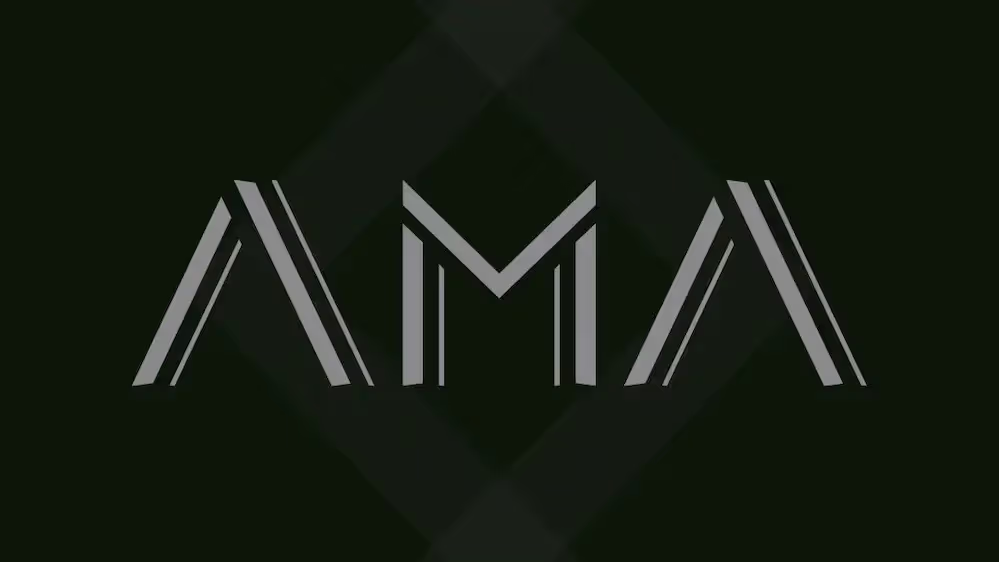Matariki hunga nui
And so, the proverb goes – “Matariki, the gatherer of people.” As Rei embarks on his Matariki tour around the motu, this seems apt. It’s his biggest tour of Aotearoa, and Rei is bringing the dancers and the reo. Leading the charge not just in New Zealand, he is also taking his unique blend of English and Māori around the world, telling stories in the energetic way that has become his trademark.
It’s been four years since we last had Rei in the studio – around the release of his 2019 album, The Bridge. And he’s dropped an album a year since then – Hoea (2020), Enjoy The Ride (2021), and Ariki (2022) and while I haven’t seen him live in a few years, it’s easy to see via his videos how he keeps stepping up his game.
Rei says he’s excited to get back into things after the pandemic. “Last year was still like kind of a transition. People were still worried about things getting cancelled, and then we had quite a rough summer with the weather cancelling heaps of events. I wasn't affected too badly by that, but she's been trying times for the Aotearoa music industry.”
Despite rising costs, Rei has decided to make this tour bigger than ever to keep the “upward trajectory”. His first headline tour since 2019’s The Bridge tour sees him play more shows in bigger venues, with some also including dancers that previously have only made an appearance at festival shows.
“I feel that it's not too fair to the audience because they're still paying to see me perform, so they should get the best show that I can offer. So yeah, the dancers are involved in Wellington, Christchurch, and Auckland, and I’ve been working on some cool routines related to that. I am slowly building up my visual content as well. I've got dope visuals that go along with the whole set when there are screen projectors available.
Rei has a "small but awesome team" behind him, but as an independent artist, it’s self-produced chiefly. He says, “I wish I had a creative director to plan my shows, but nah, it's just me and my vision, which can be logistically quite challenging.”
“I'm kind of like at this in-between area where I'm starting to do quite big shows but not quite getting the fees or the income. I’m knocking at the door of that next stage where you can afford to employ other people to do the stuff that you don't want to do. Right now, it can be a bit of a struggle to fit in the music writing time. So yeah, I'm looking forward to that stage.
Despite having such a clear creative vision and large output, Rei confesses to not having a long-term plan. “Oh no, I’m not that organised. Well, in my brain, yes, but not written out.” This hasn’t stopped him from taking full advantage of the ability to travel and perform again, and now restrictions are gone.
“I’ve been starting to do some more things overseas lately, which is cool. I went to WOMEX (a world music conference) in Lisbon, Portugal, last October. Some of the amazing Kiwi artists like Moana & The Moahunters have got on that kind of world music circuit. So, I'm trying to make some inroads there.
“I also went to an international and digital music summit in Canada last month. I got to perform there, met a bunch of awesome Indigenous artists over there and made a few festival contacts. So yeah. Hopefully lining up for a few shows in the northern summer next year.”
I ask Rei about looking back in on the state of New Zealand music from the outside if we still embrace local acts, and if he feels like the tide is turning when it comes to mainstream acceptance of te reo on-air.
“It does feel like the change is happening, but it still can be frustratingly slow when you're when you're doing as much real music as I am. I think there's a bit of a rut in the radio industry at the moment where they're all pretty low on the New Zealand music content, so it's a little bit grim; a lot of artists at my level are having to get day jobs.”
“There are great funding opportunities available, but we gotta support everyone, whether that be te reo Māori music or whatever. Spotify is doing a lot of work in playlisting local music, and the fans have been sharing it, making TikToks.”
His track ‘Hoki Mai / Come Back’, which modernises elements of traditional Māori songs, just hit one million streams on Spotify. As Rei explains, “People like that, it got heaps of TikToks and did some cool things on radio. It always goes down well in my live sets, so I’m stoked with that one. I’ll have to sample some more waiata Māori for my new songs.”
This message comes across loud and clear when you see Rei live. Over summer, he’s really ramped up his festival sets, bringing the vibe and dancers to set the crowds alight. And this led to a 6 pm slot at Splore’s mainstage on Saturday night earlier this year.
“I’ve started to get a few more cool festival slots lately, but this was one of my career highlights so far. The crowd just loved it, and I loved the reaction. They loved all the dance music, the crossover stuff. And a bunch of them didn't know who I was. They were just wandering like, ‘Yo, who's this dude on stage rapping in te reo with four backup dancers and visuals and all these people on stage.’ Things like that really do make an impact on my career.”
“Splore is one of the most forward-thinking festivals in the country. So, sometimes the radio industry and the festivals need to take some risks and not always just play it safe. You'll be surprised at what people are keen to party and dance to.”
He explained that the next album would be called ‘Moisturise and Decolonize’, “because that's a sick album name.” It’s something he came across on Instagram and has stuck.
“Someone might claim it”, he says. But you can be damn sure that Rei will make it his own.
The Matariki Tour kicks off this weekend in Wellington and will take in Tauranga, Auckland, Waiheke Island, Lyttelton, and Queenstown. Details and tickets are available from Rei's website. Catch up with him on Instagram, and check out his release on Band Camp or all good streaming services.
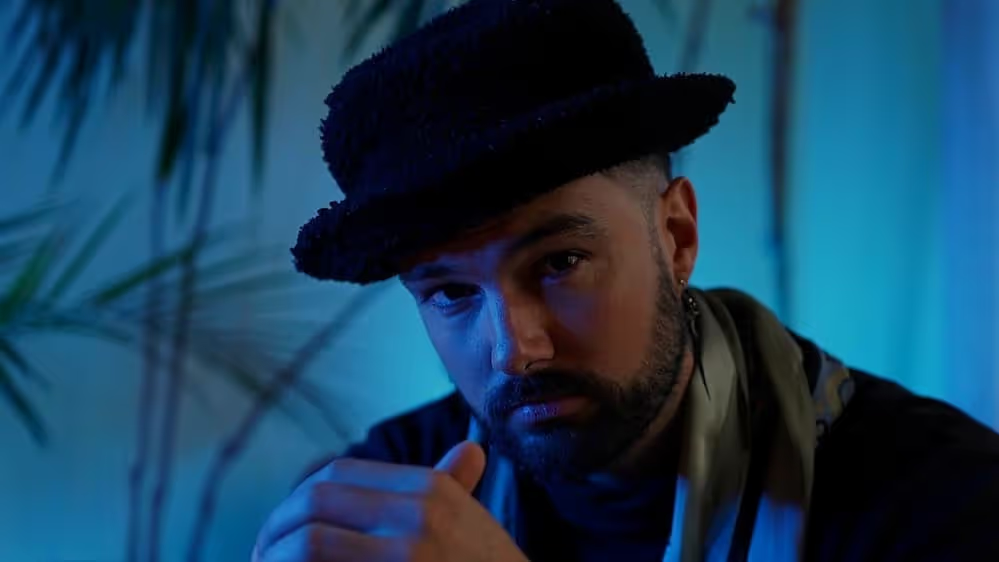
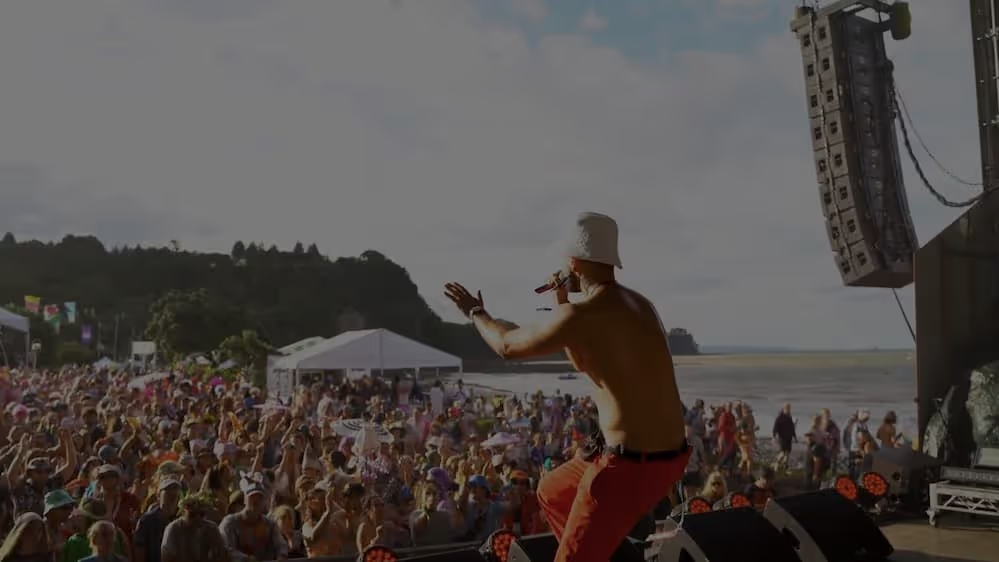
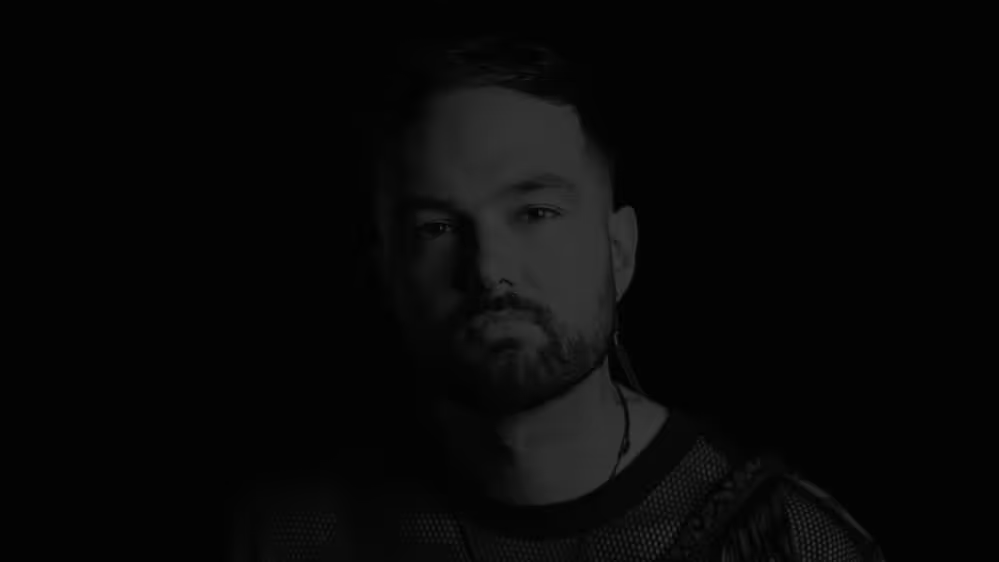
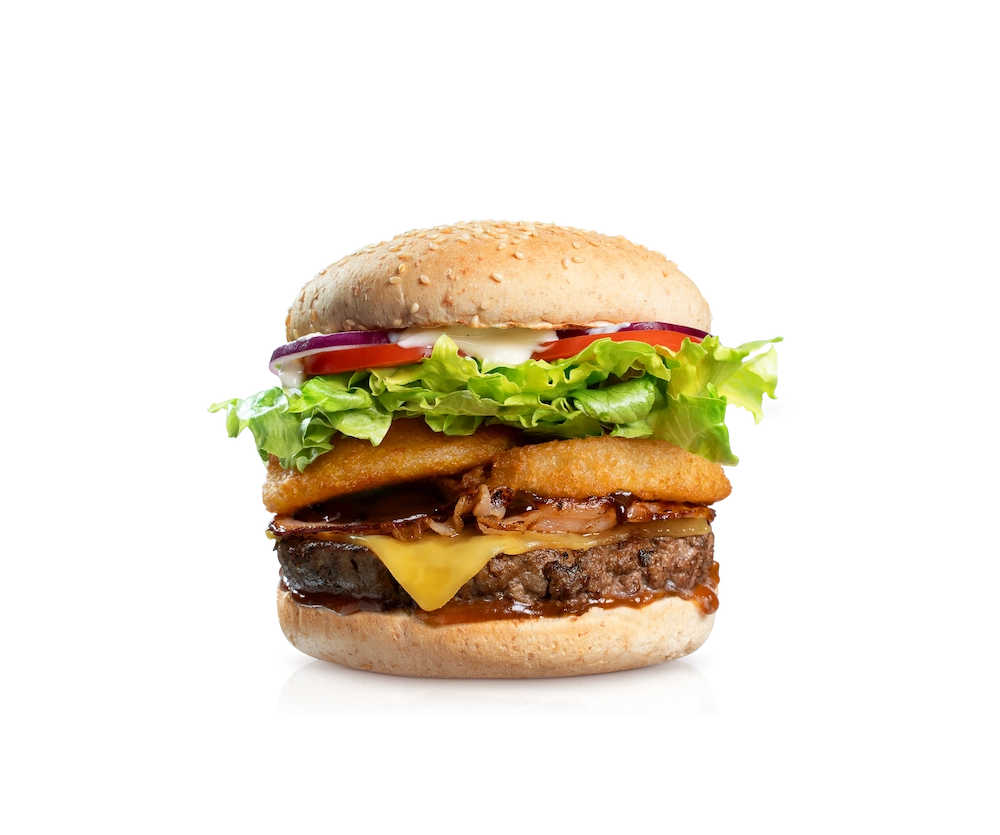
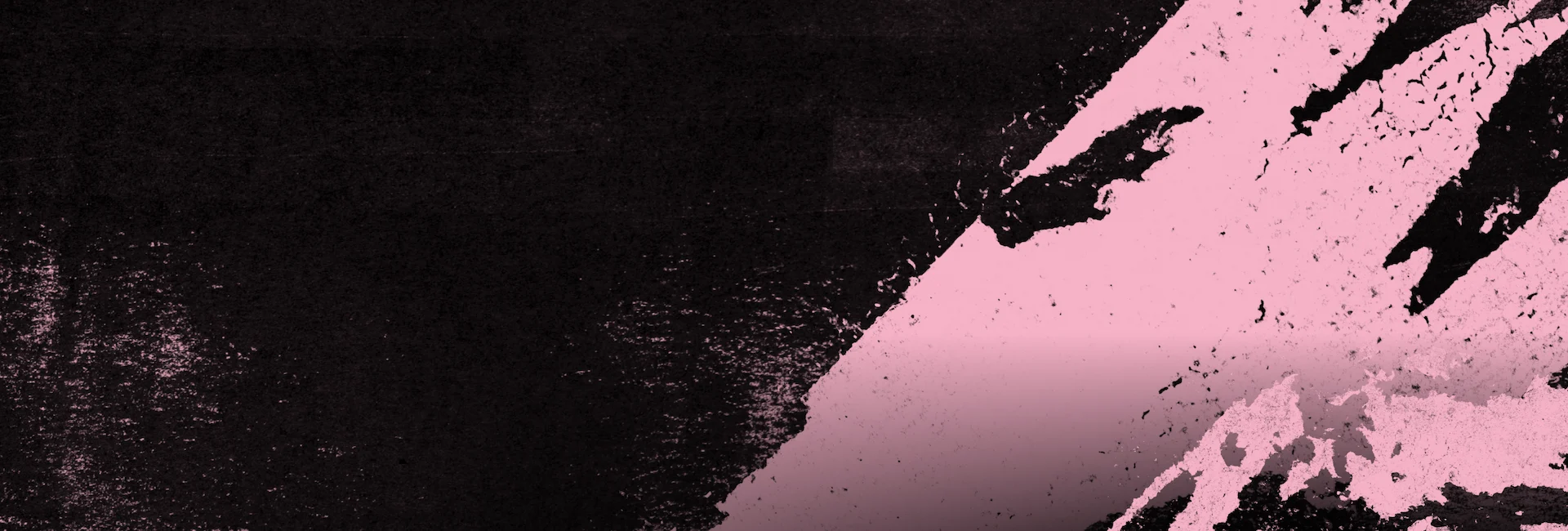
.webp)

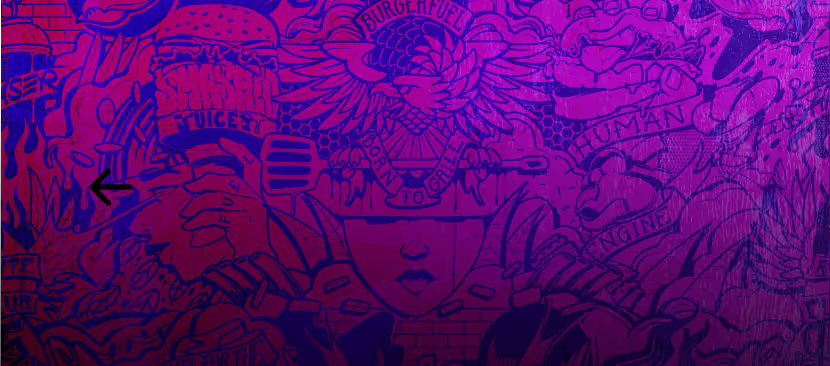
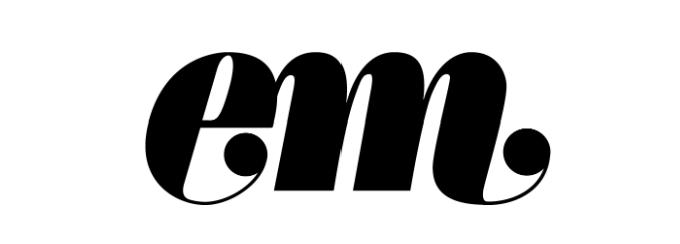

.jpg)

.webp)

.jpg)

.jpg)
.jpg)
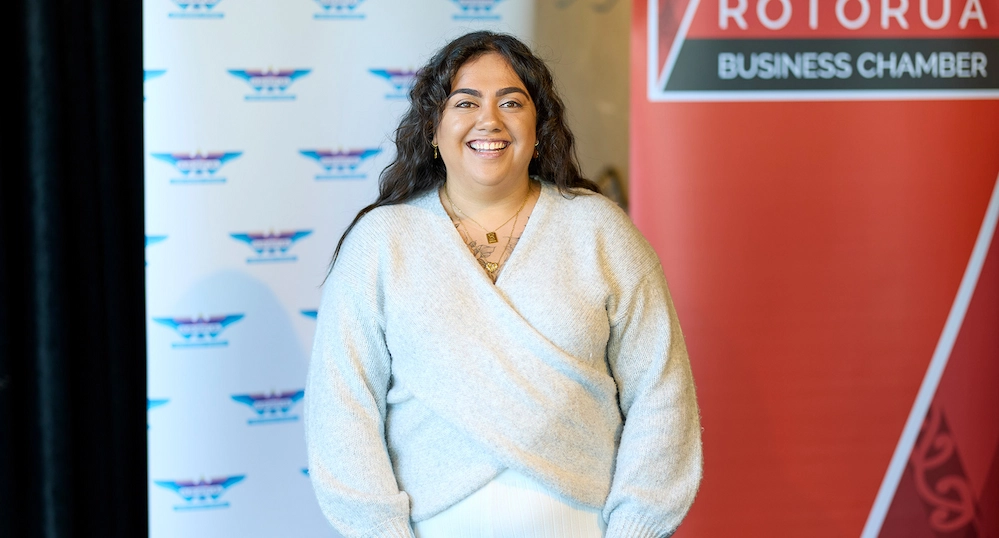
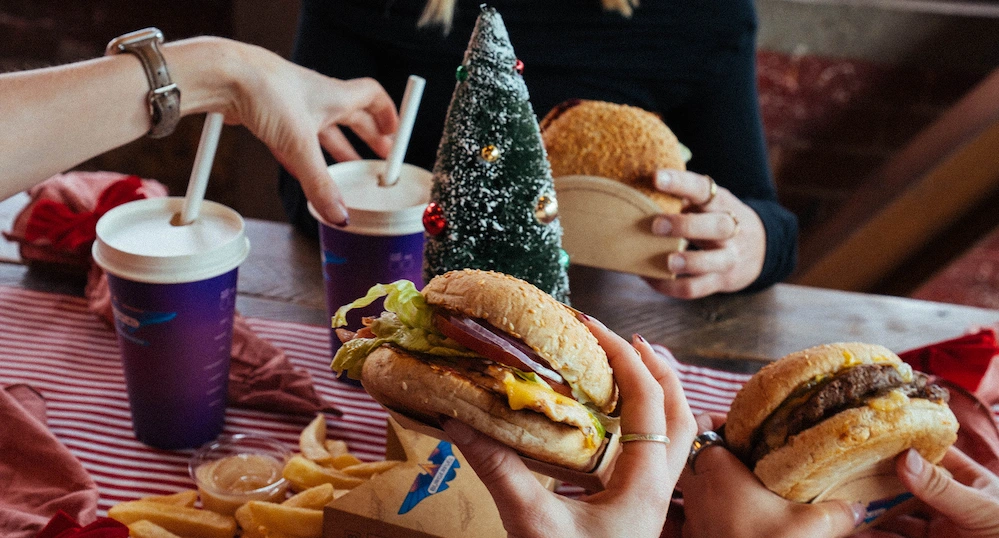
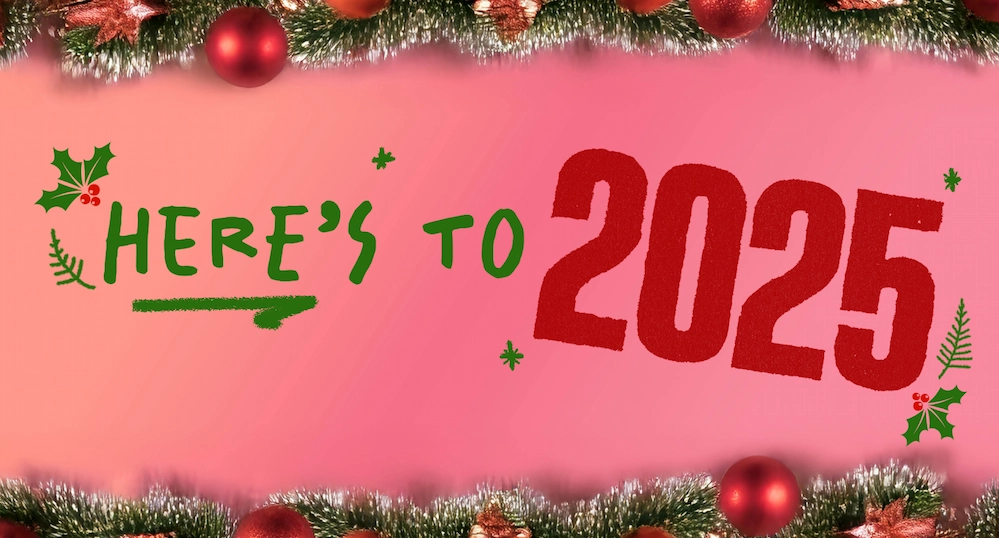

.webp)
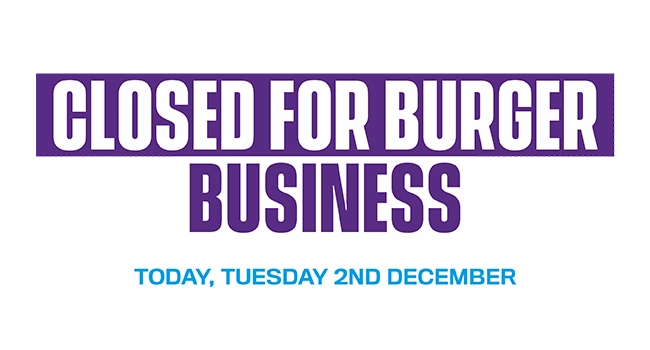
.jpg)
.webp)
.jpg)
.jpg)
.webp)
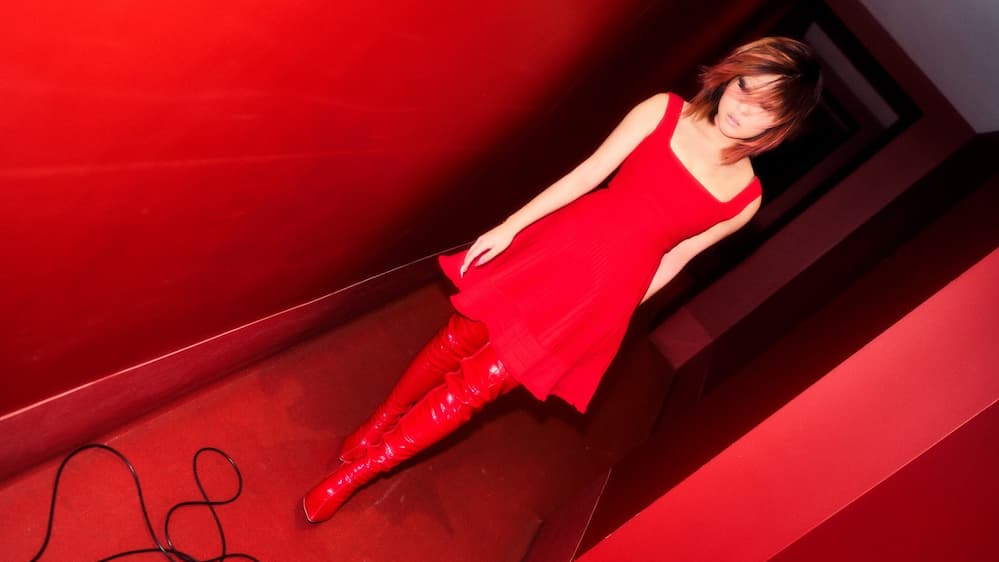

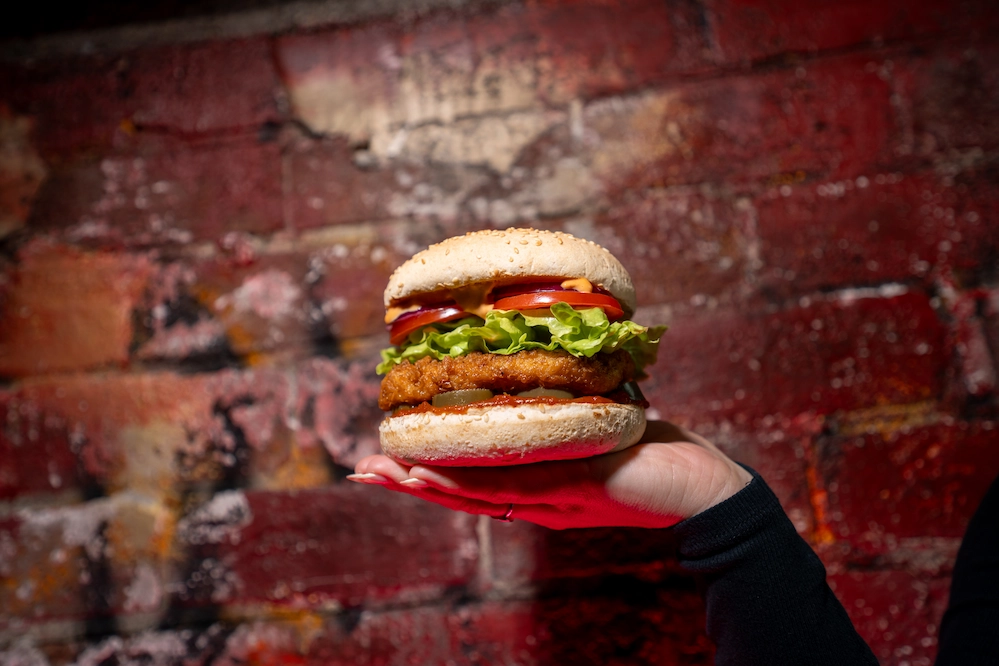
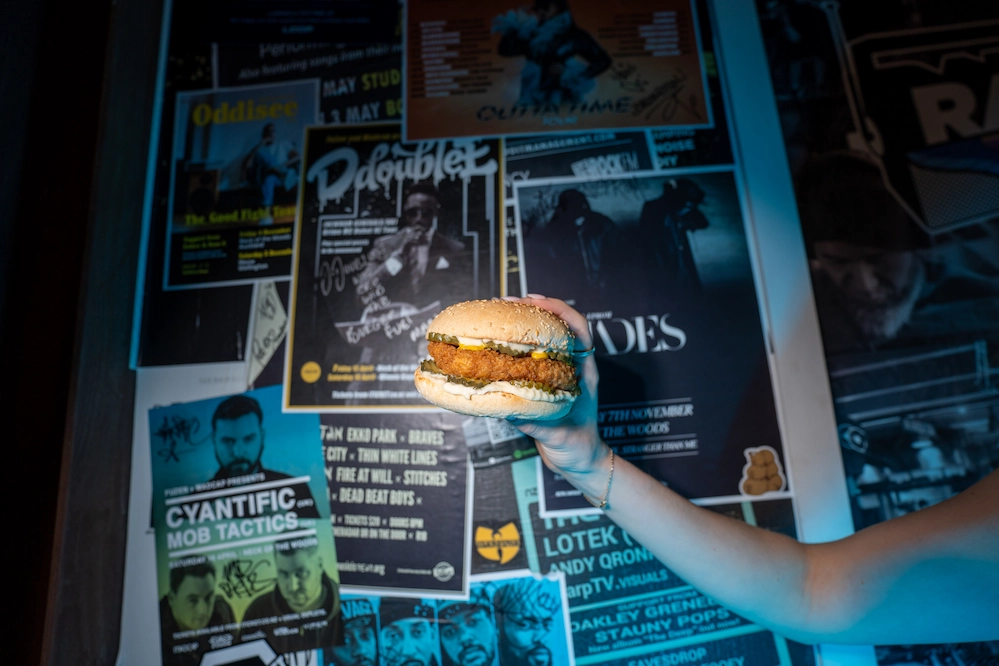
%20(1).webp)
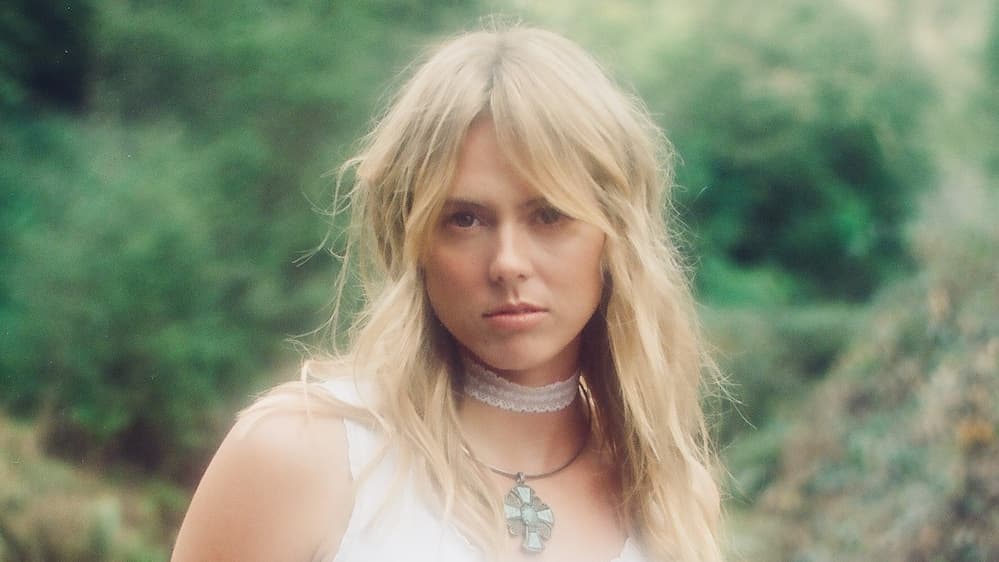
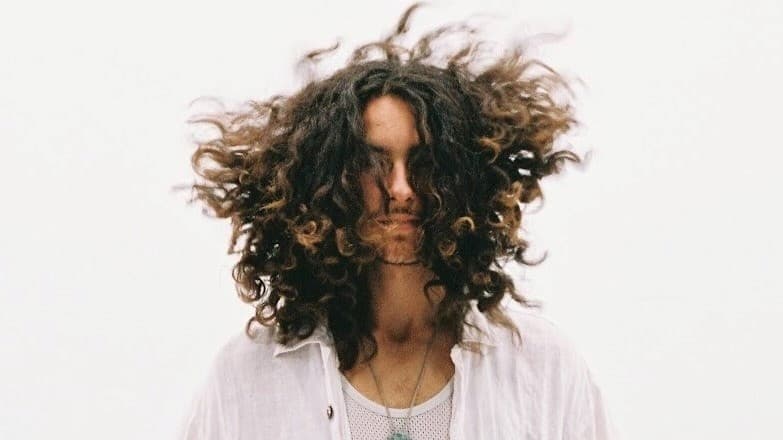
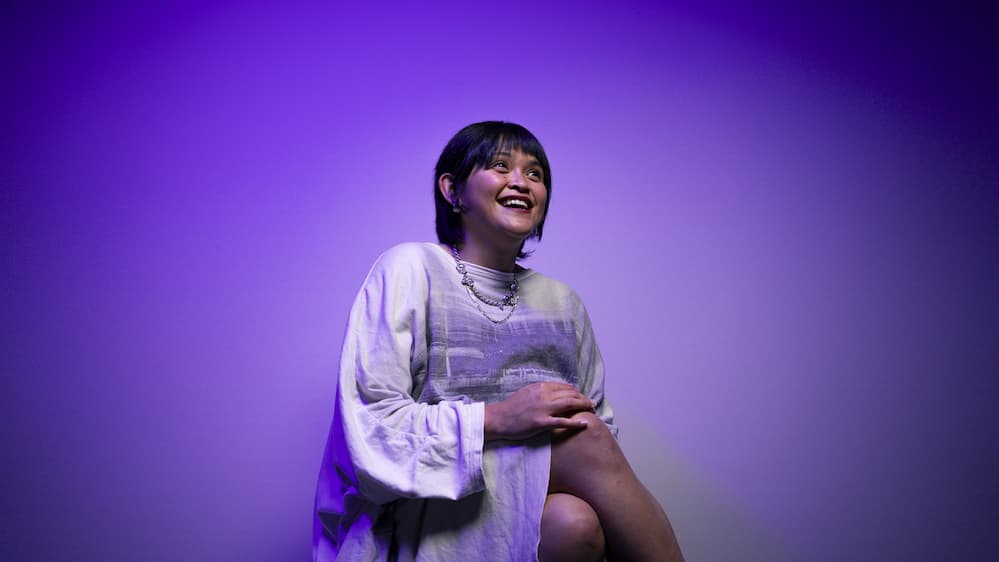
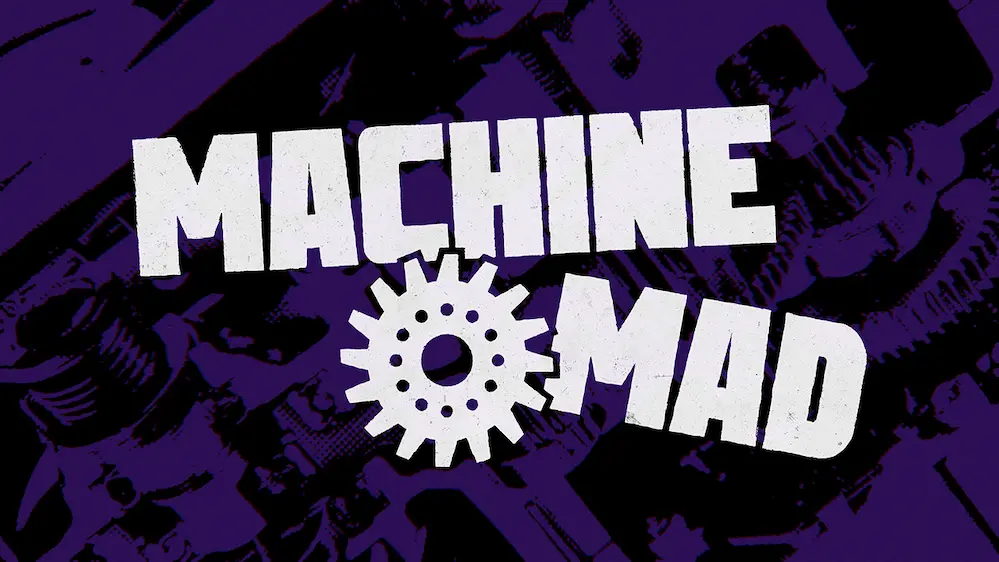

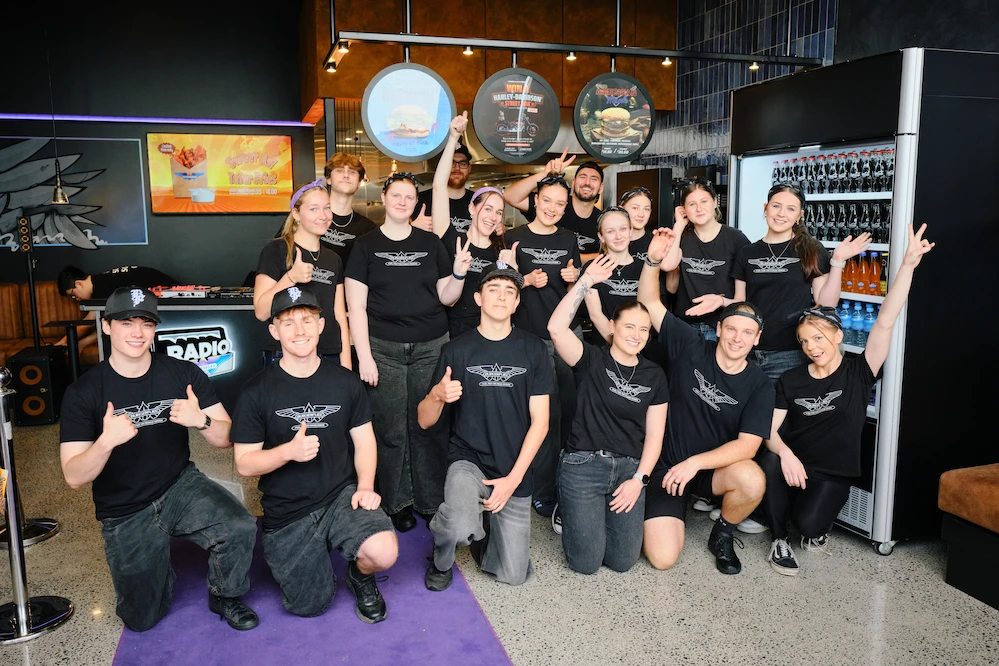
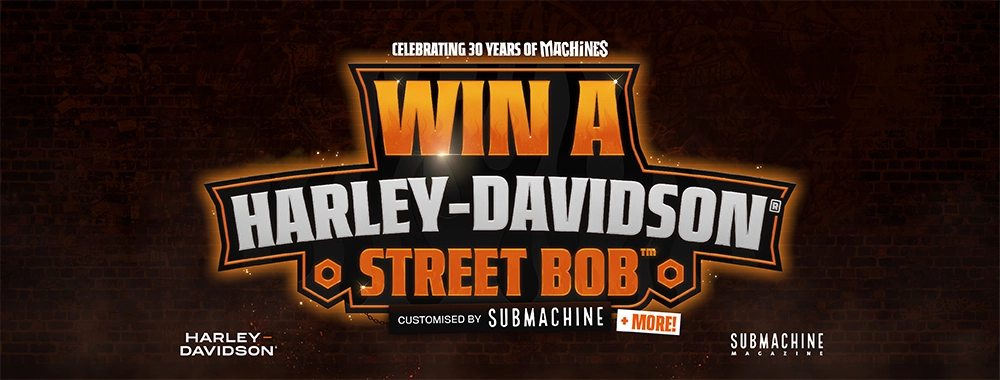
.jpg)
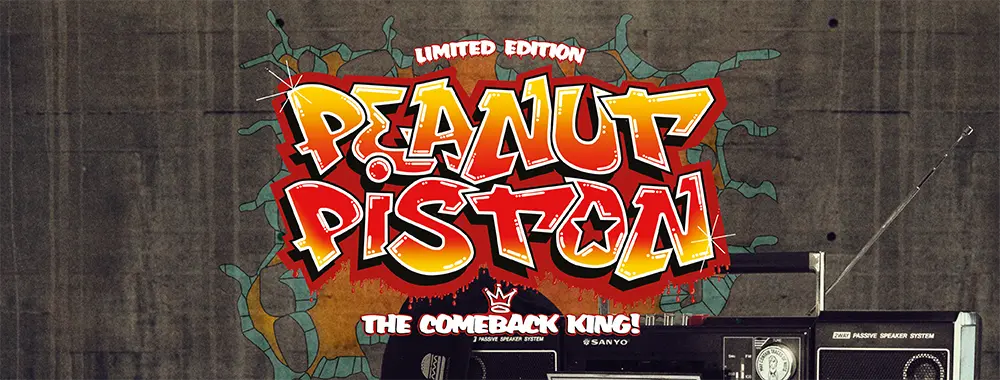
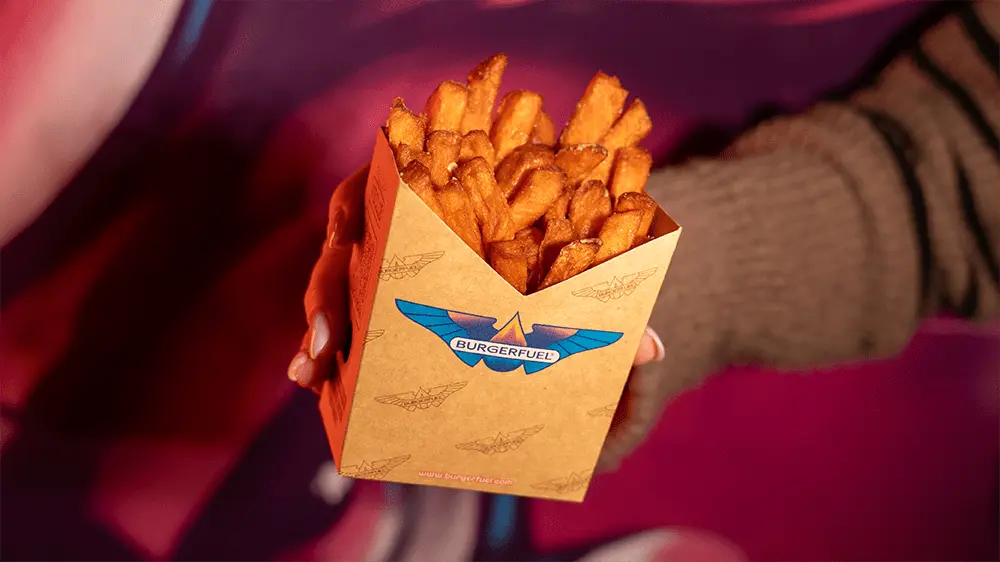
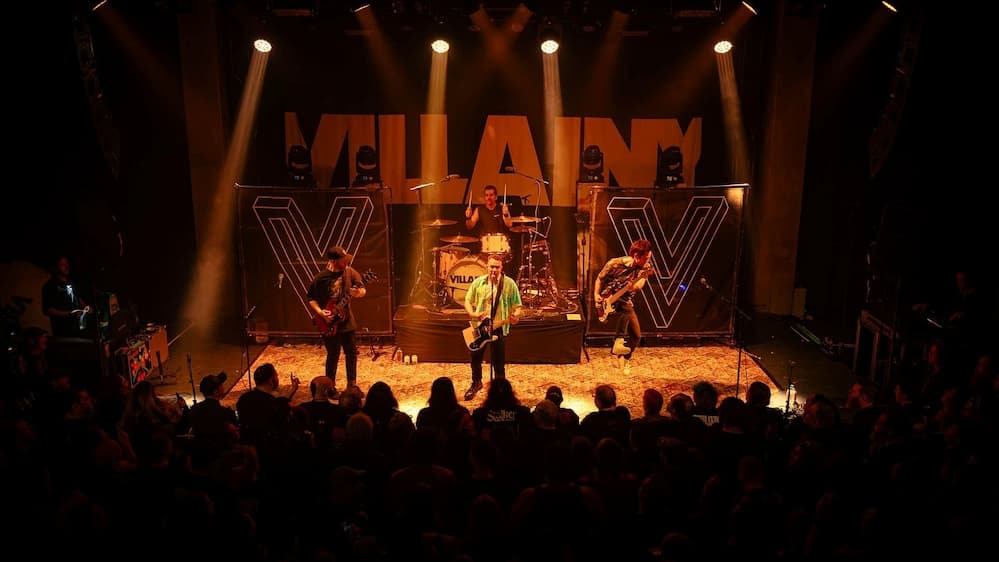

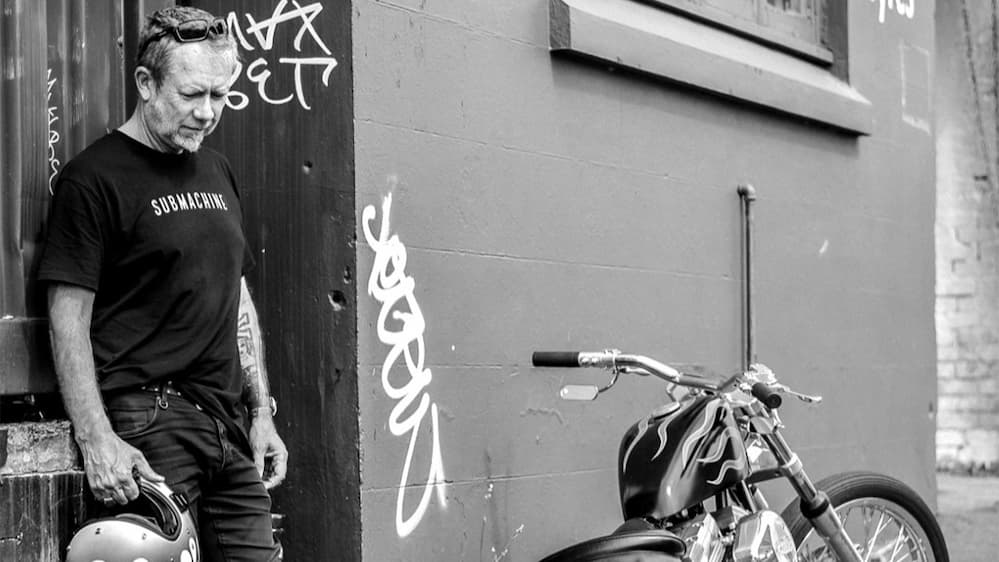
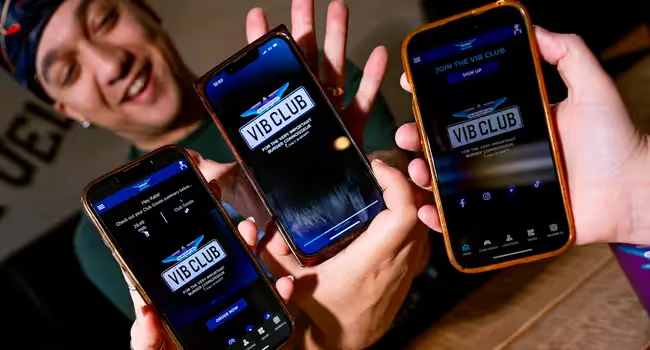
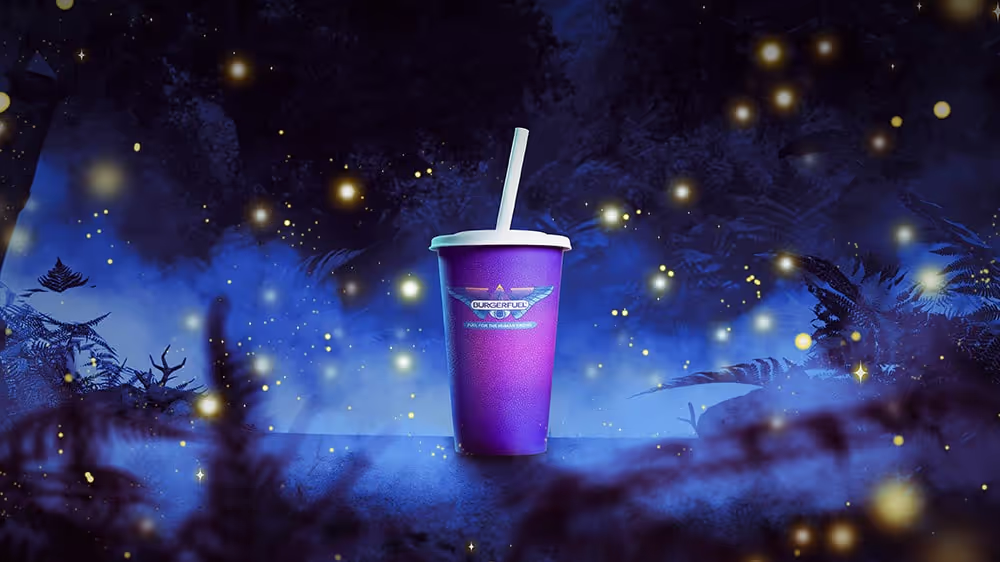
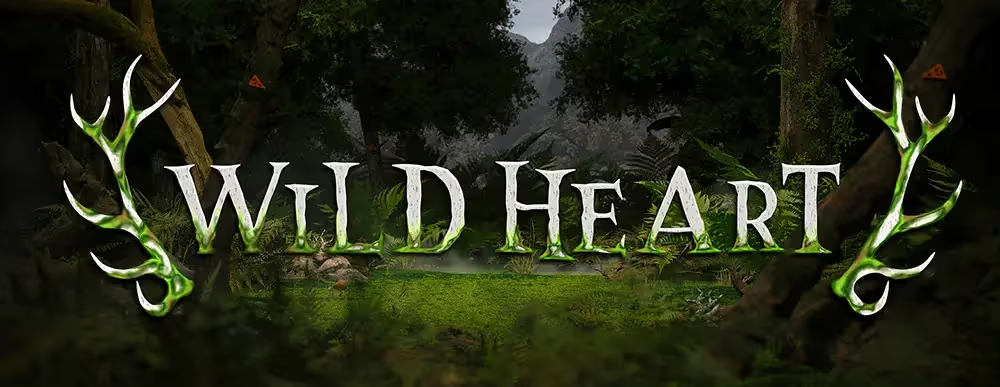
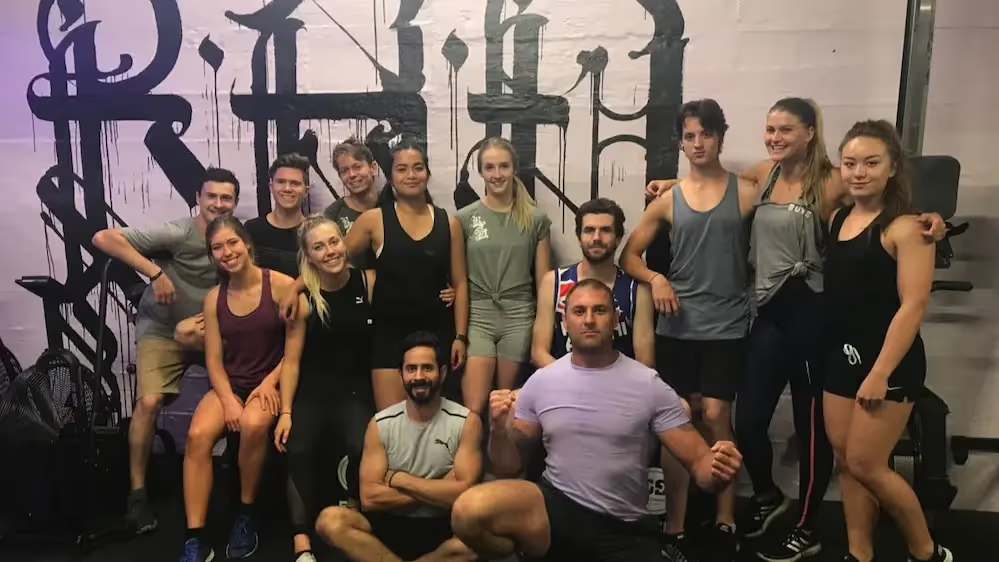
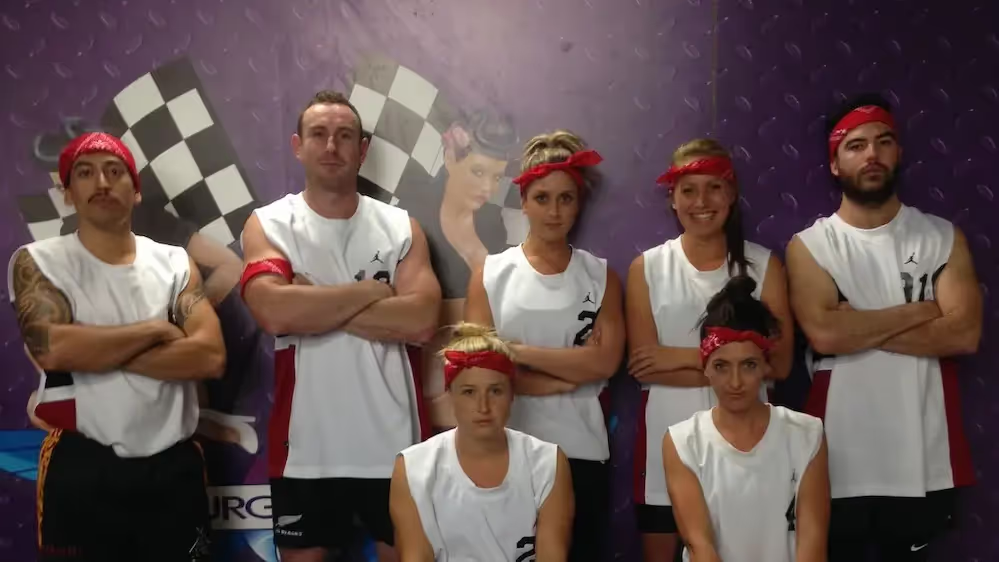

.avif)


%20(1).avif)
.avif)
.avif)
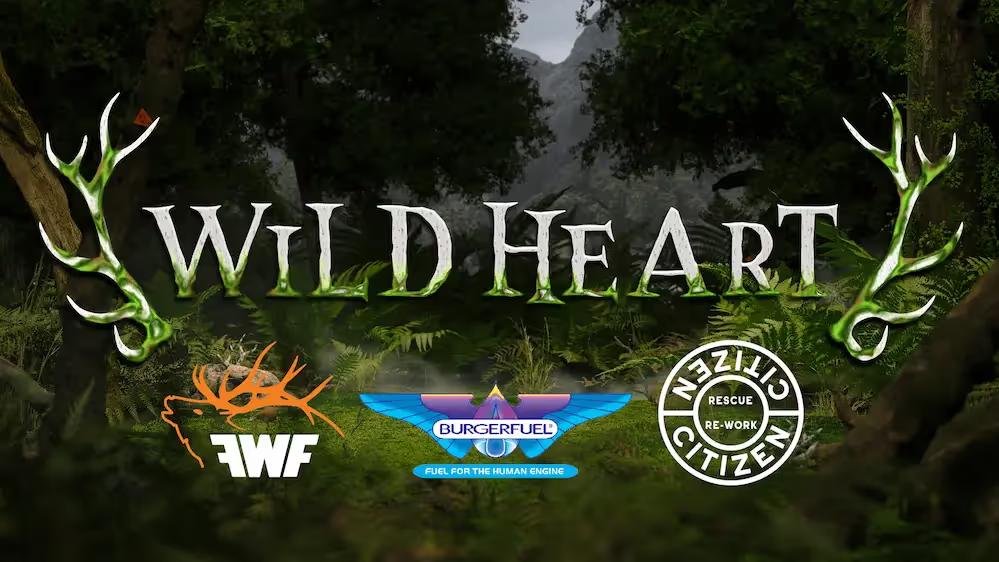
.avif)
.avif)
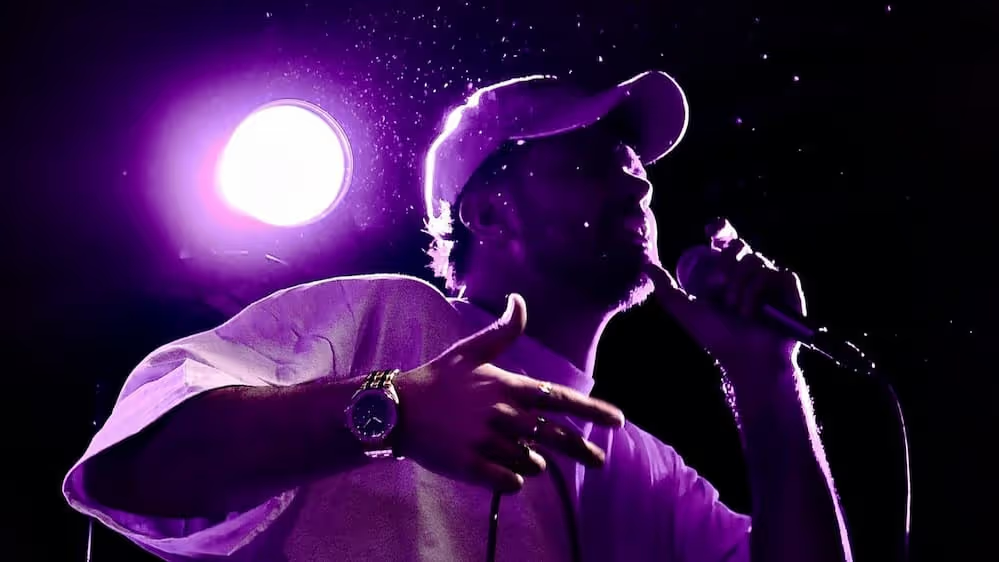
.avif)
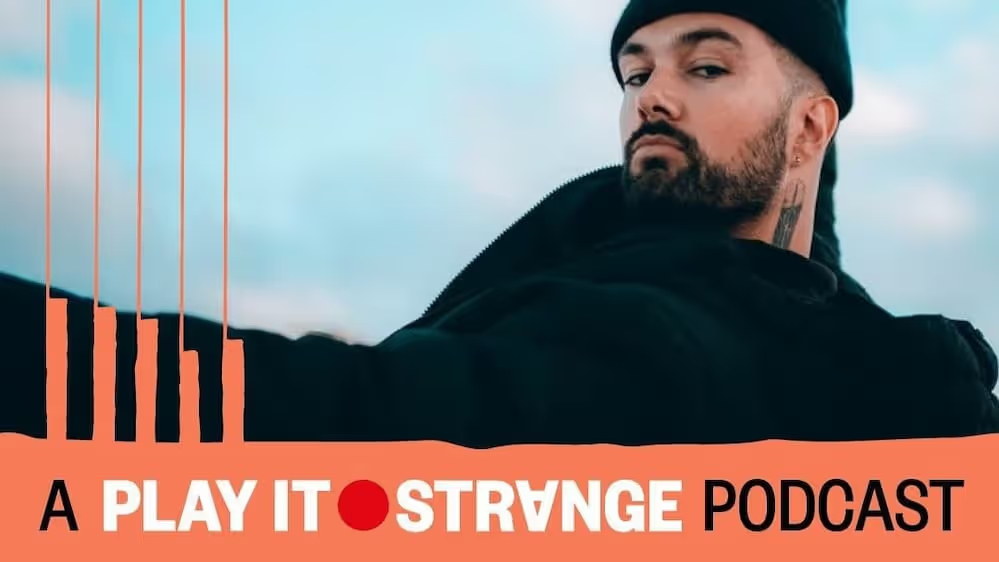
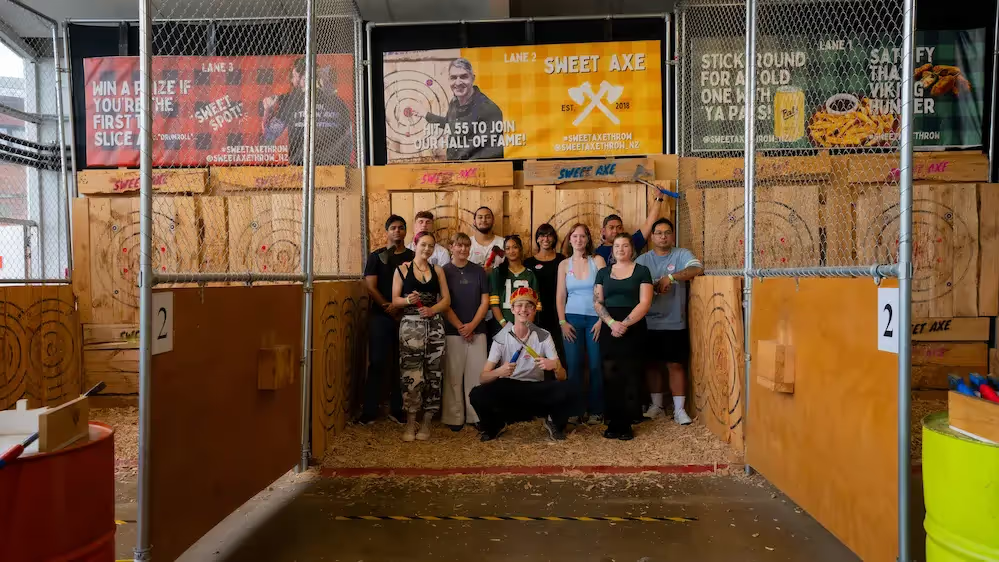
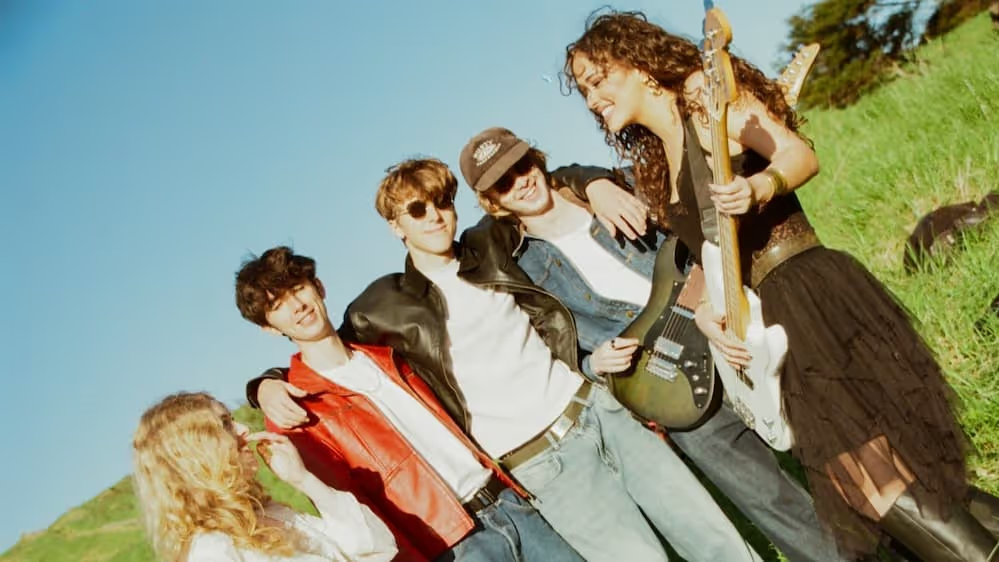
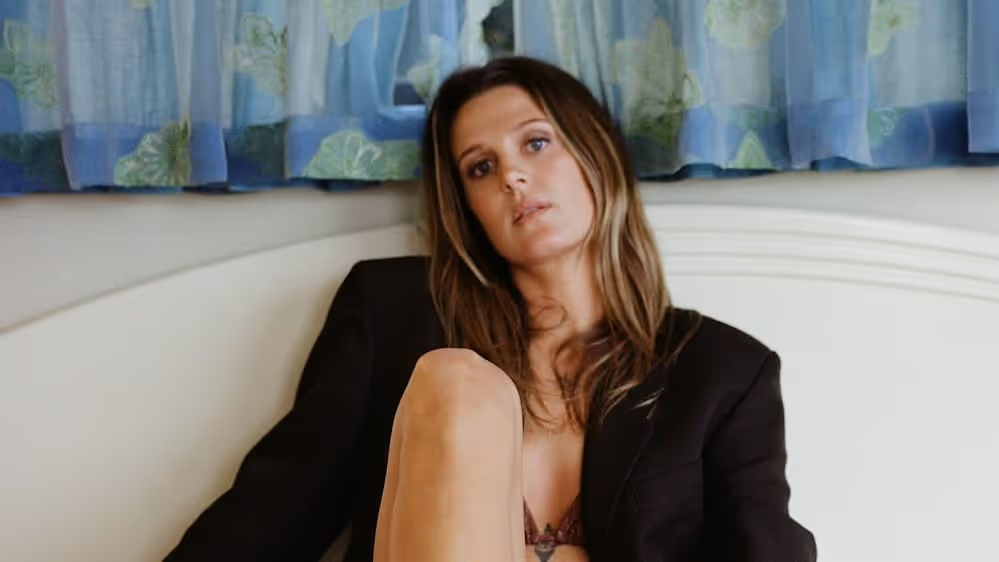
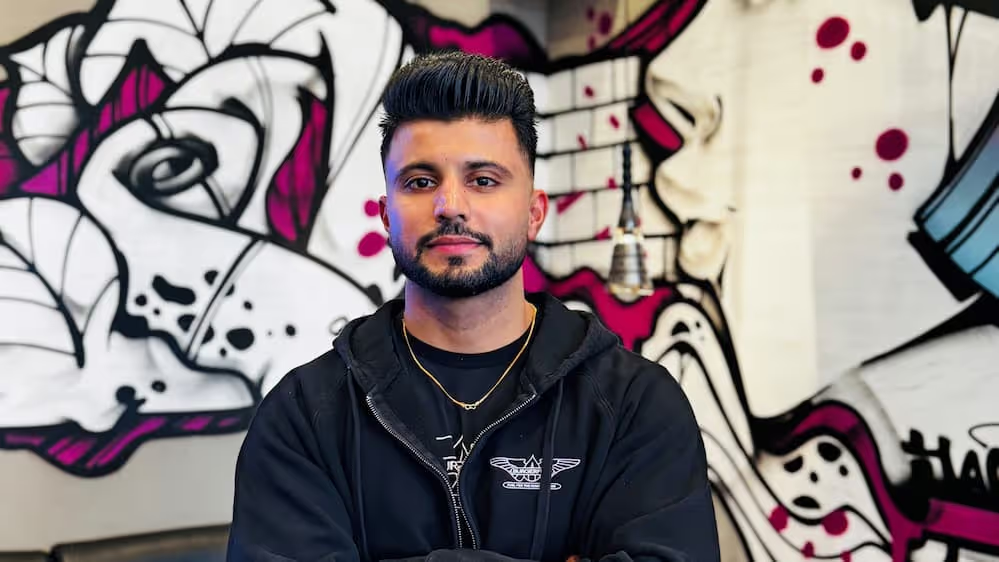
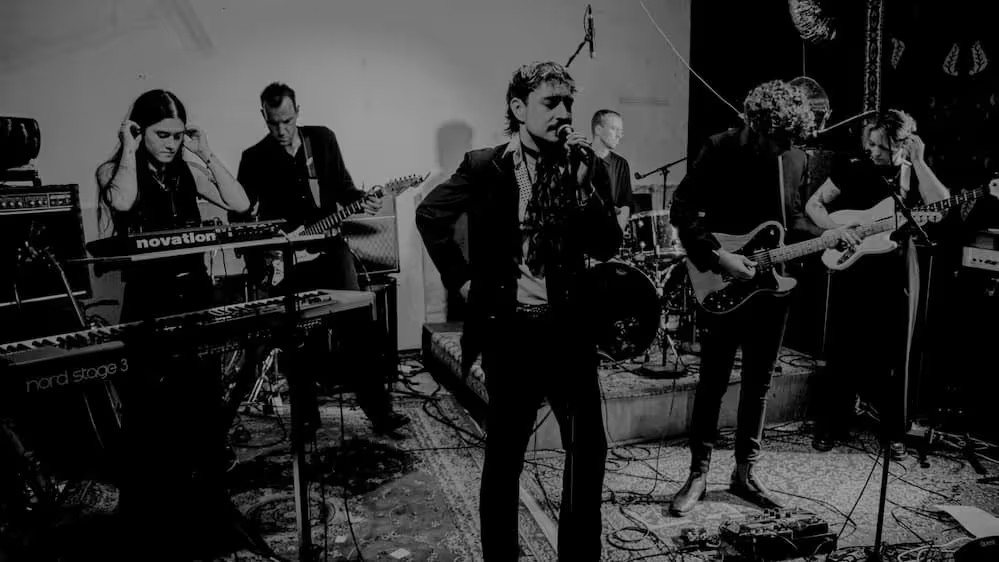
.avif)
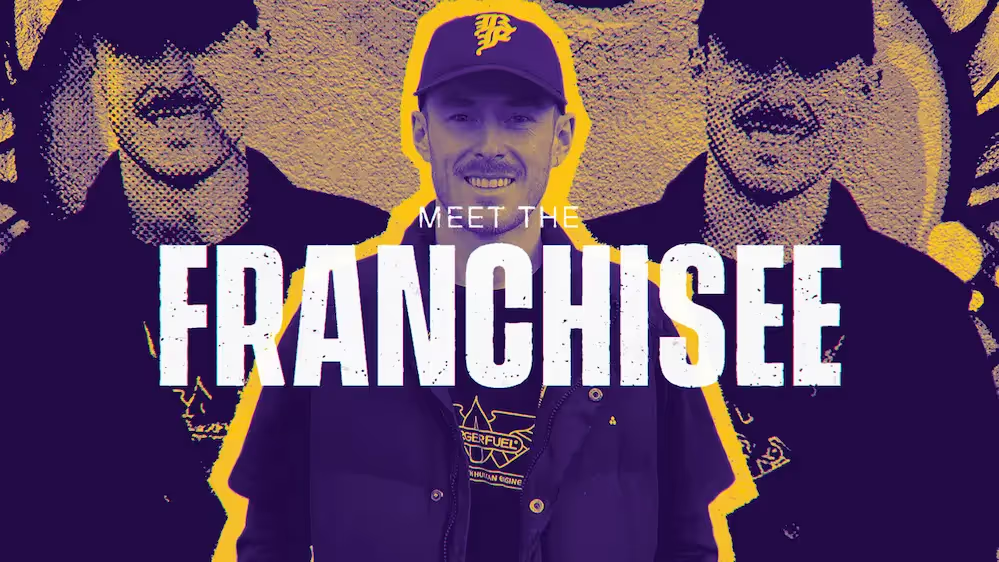
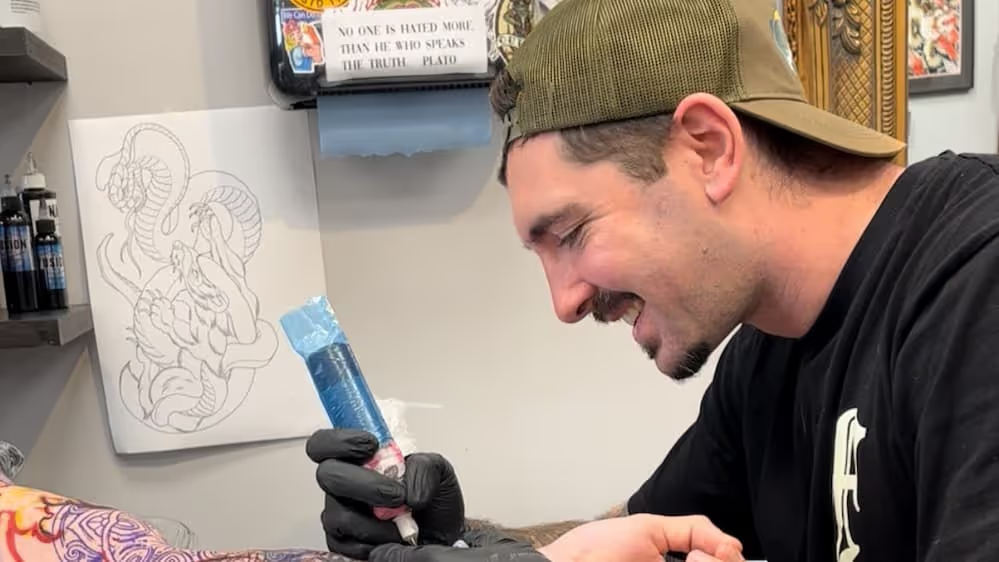
.avif)
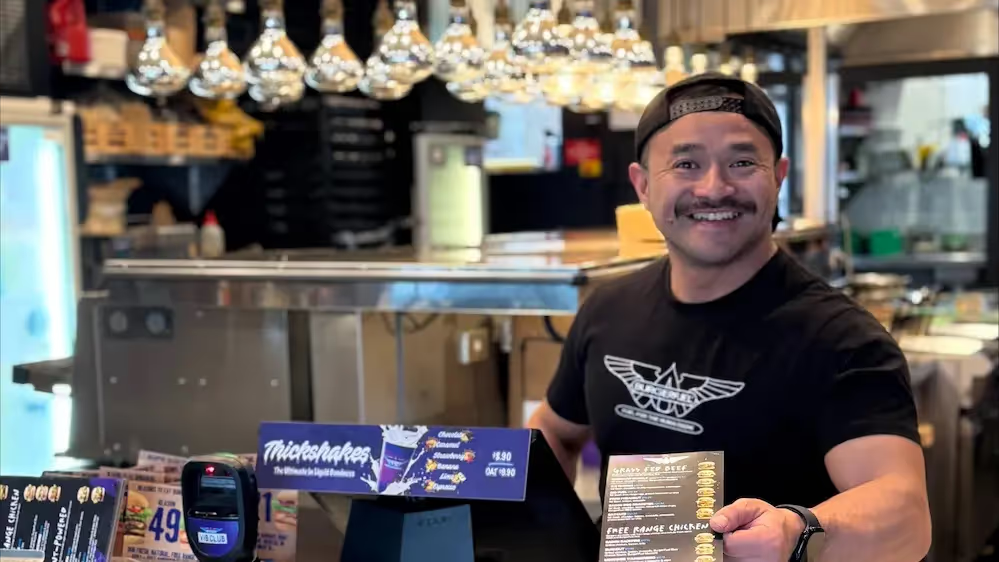
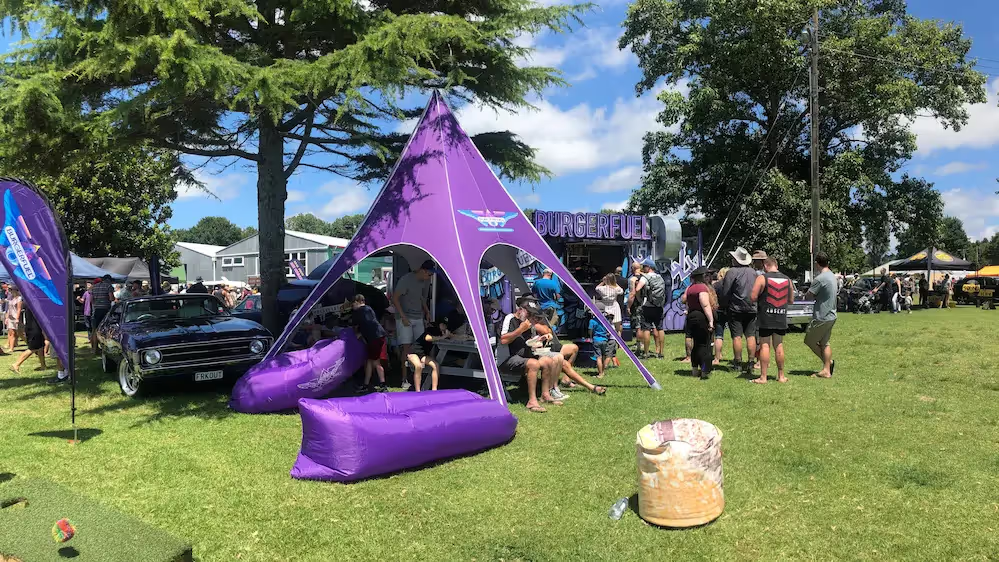
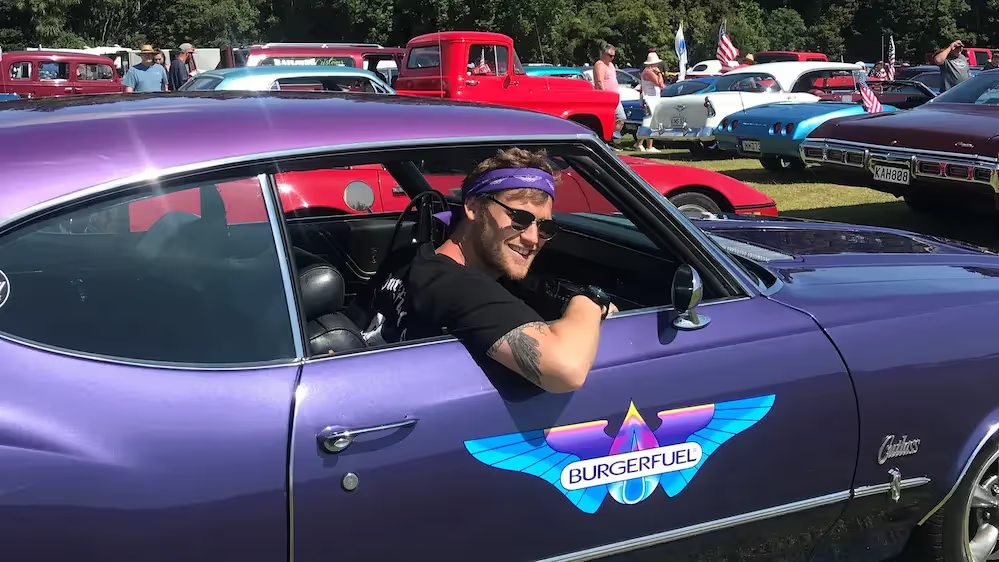
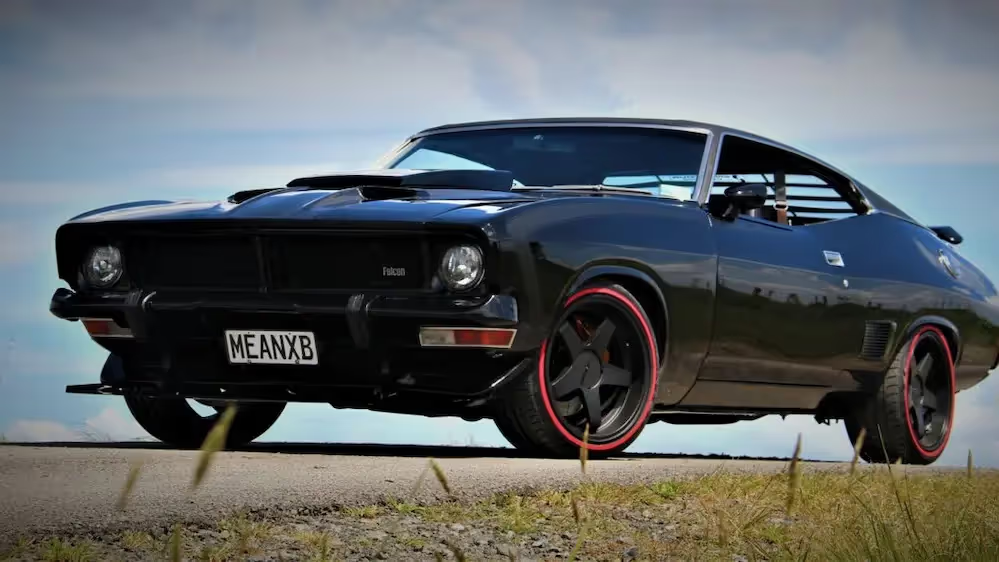
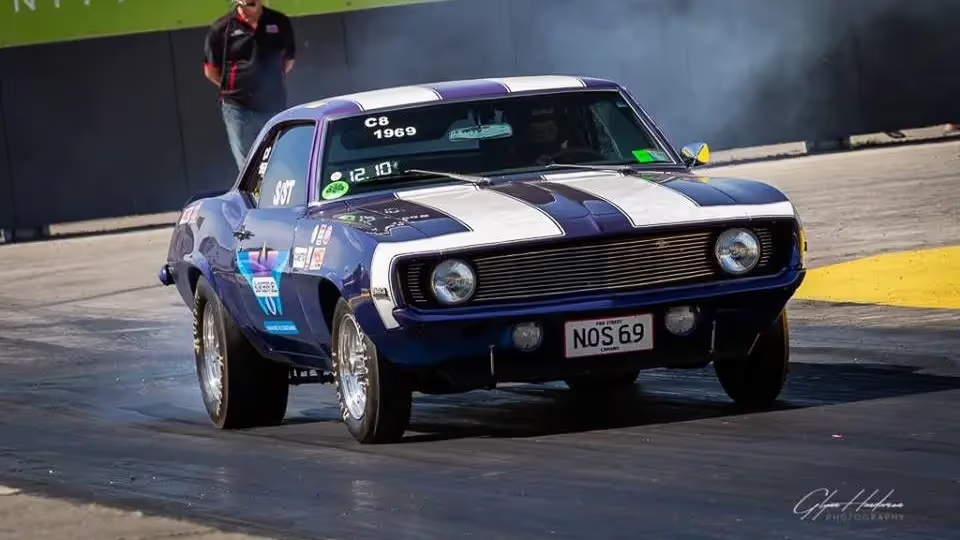
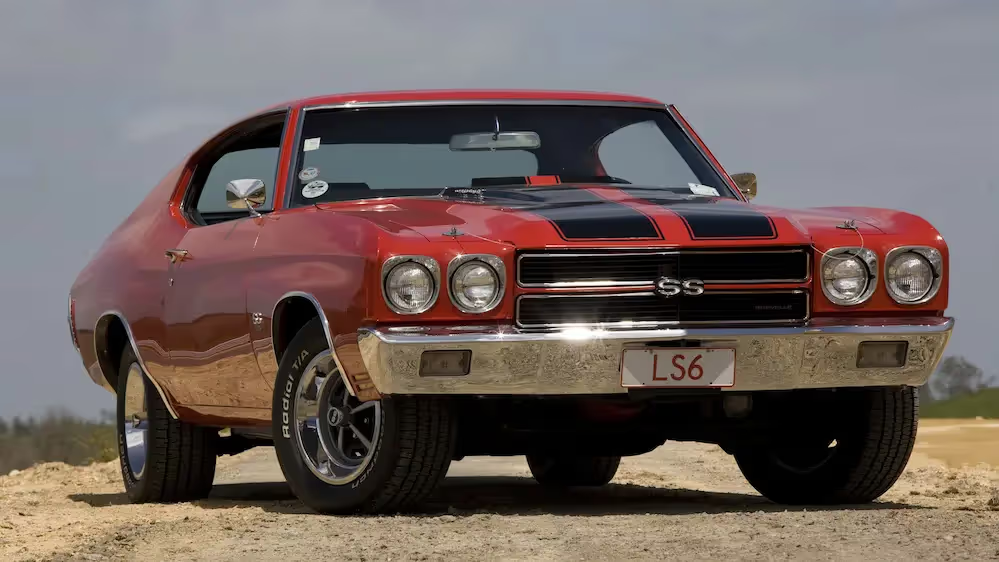
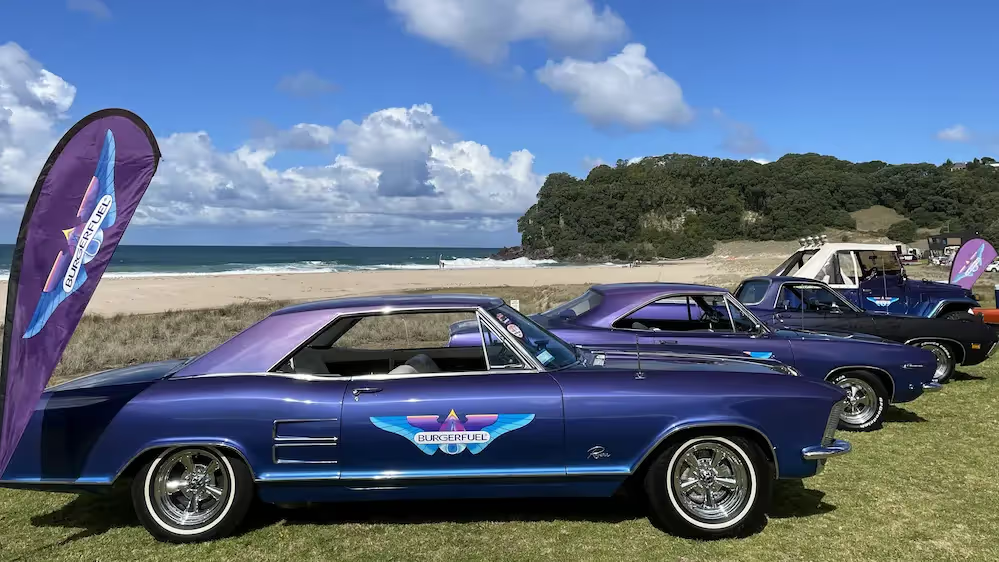
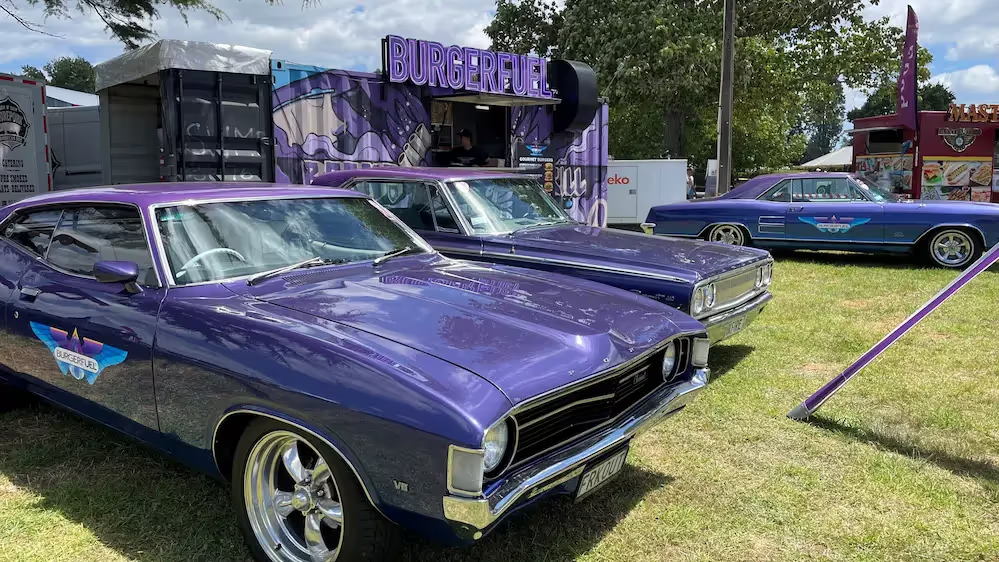

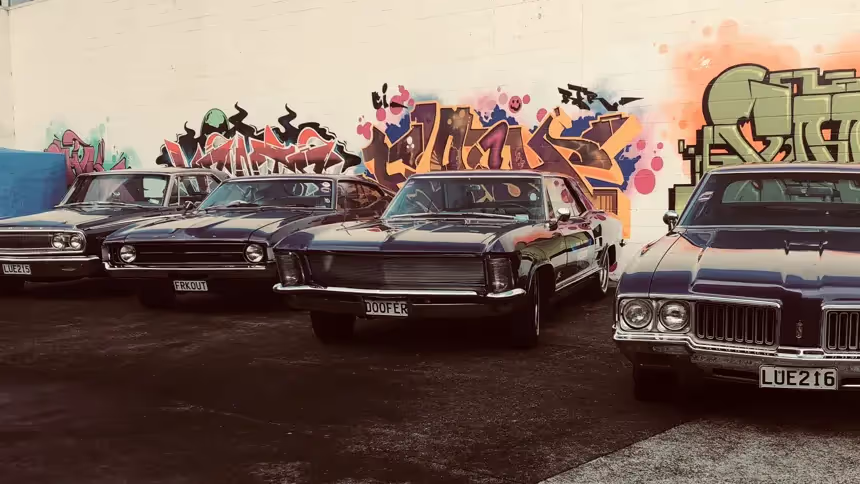
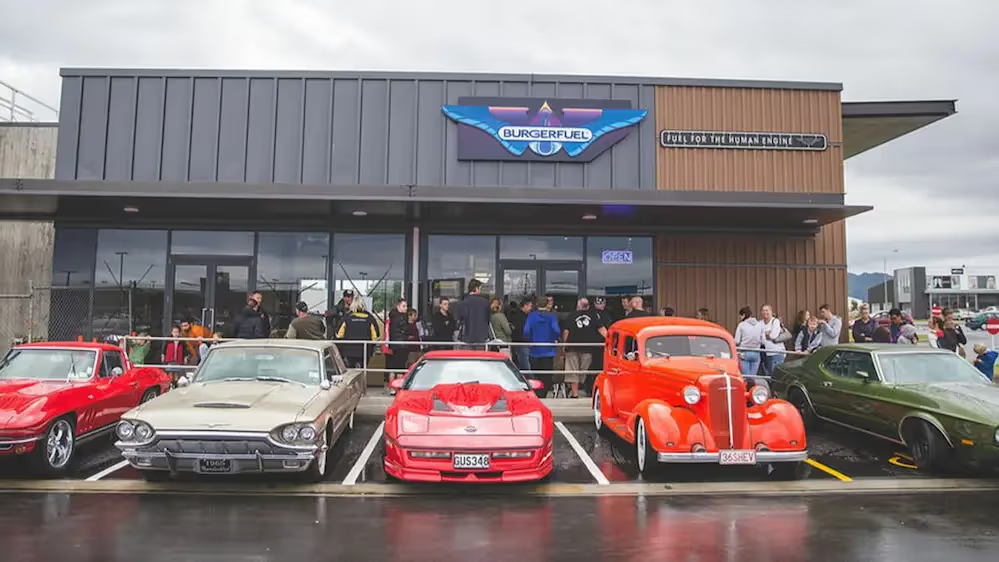
.avif)
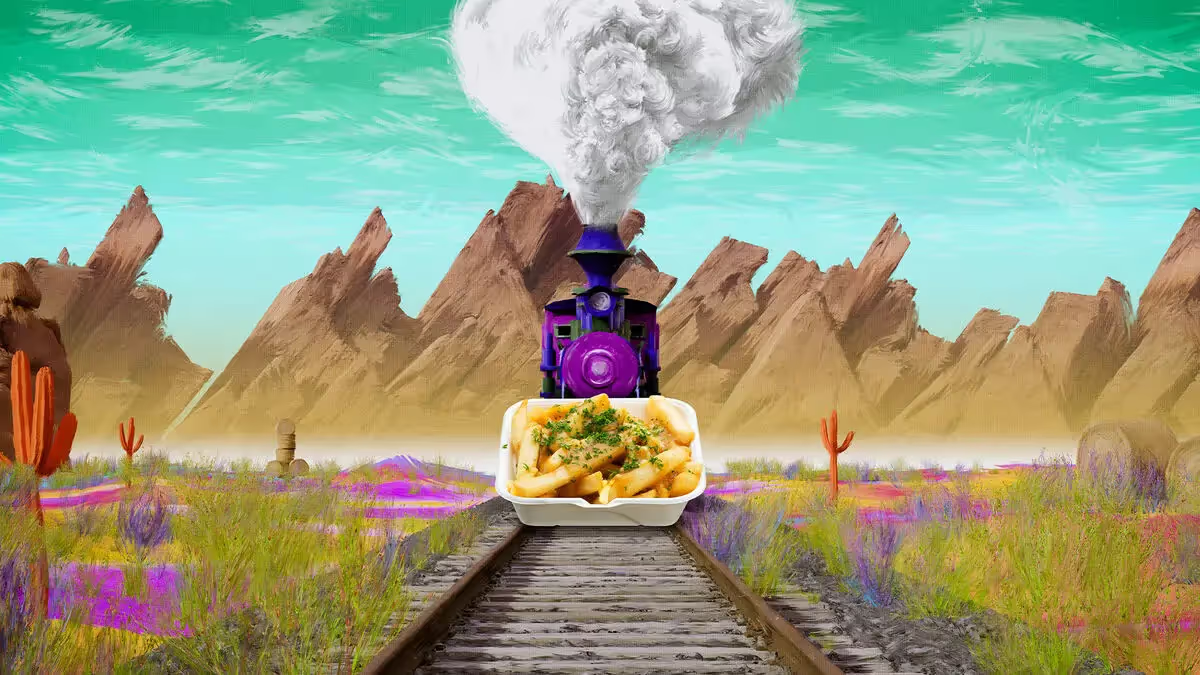
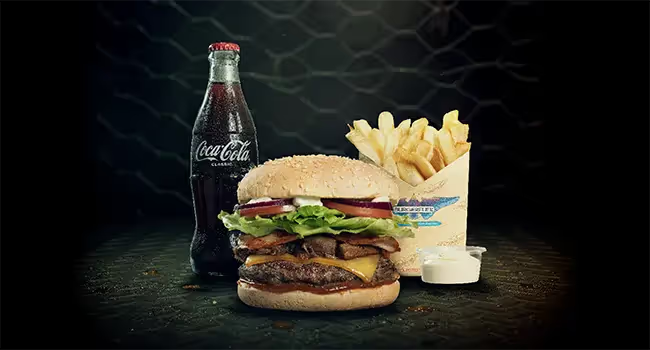
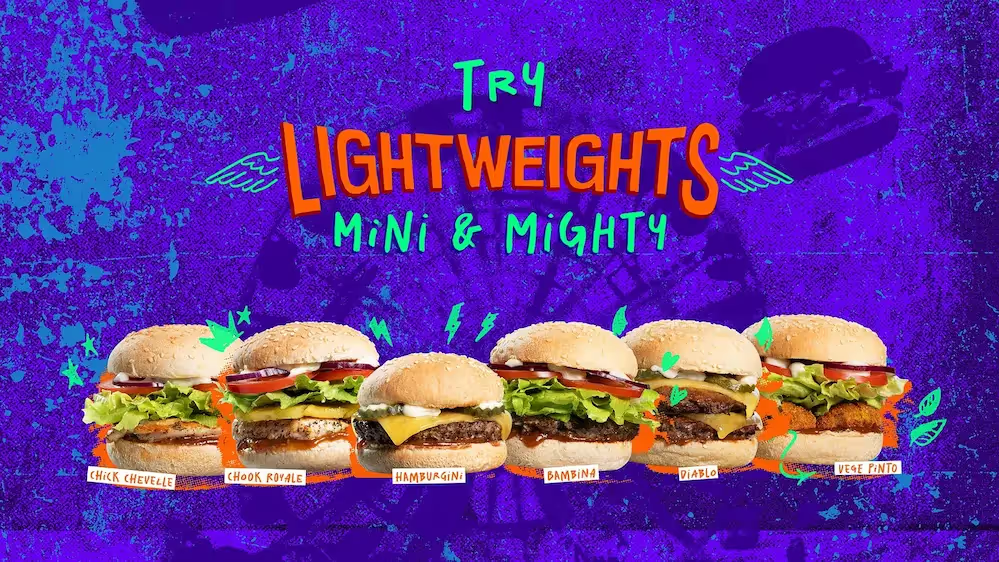
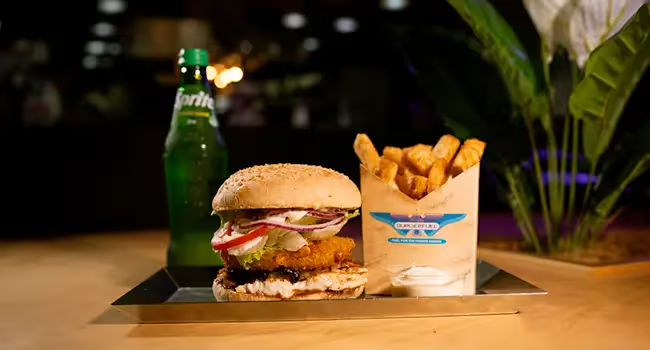
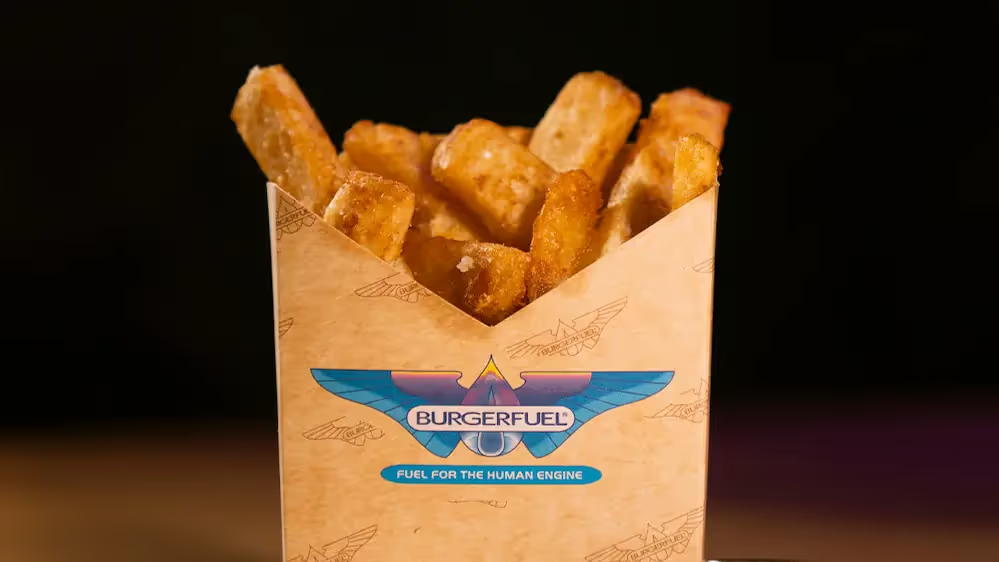
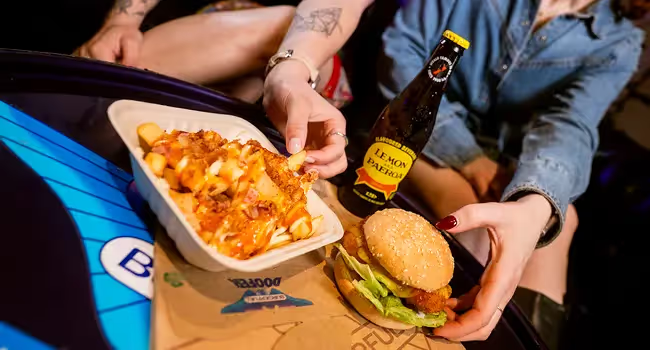
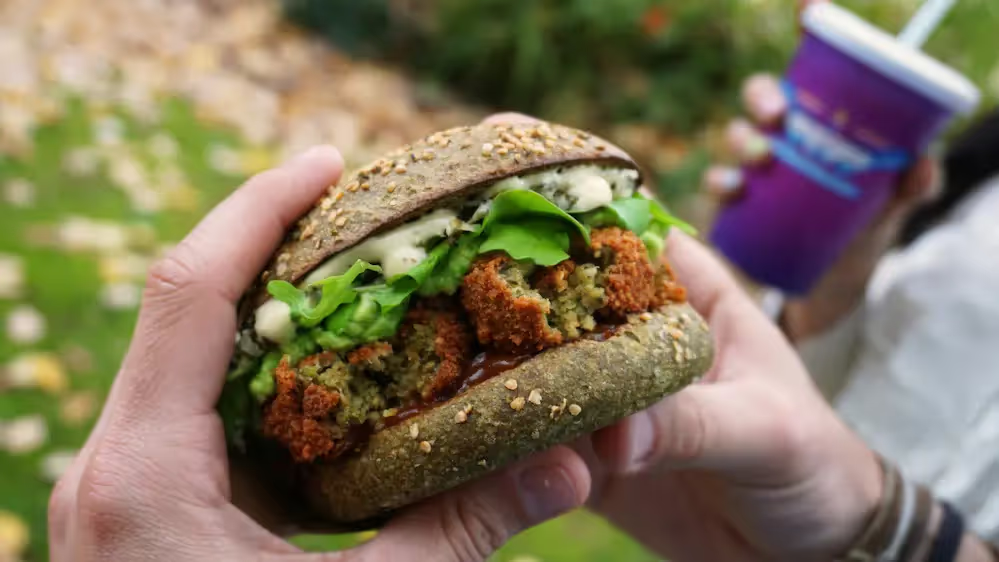
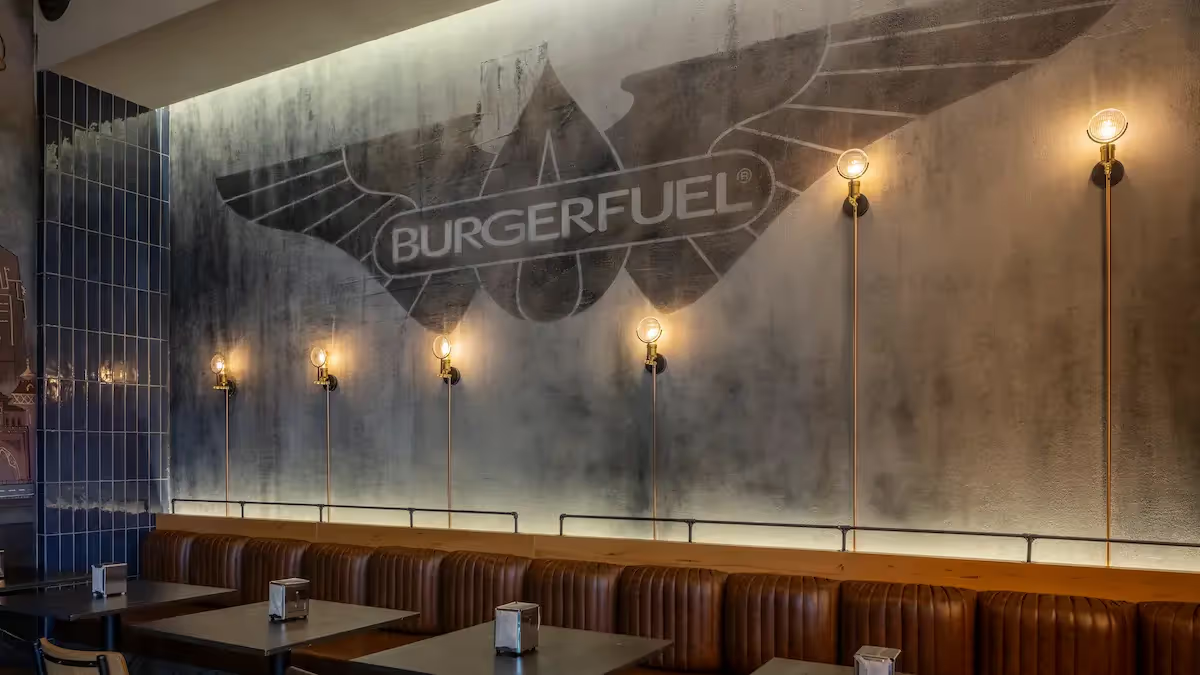
.avif)
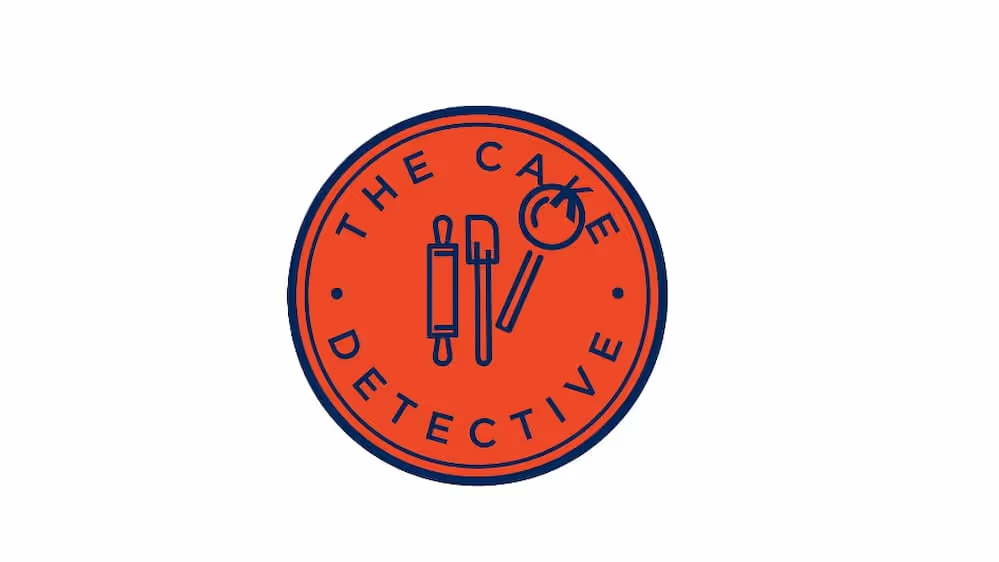
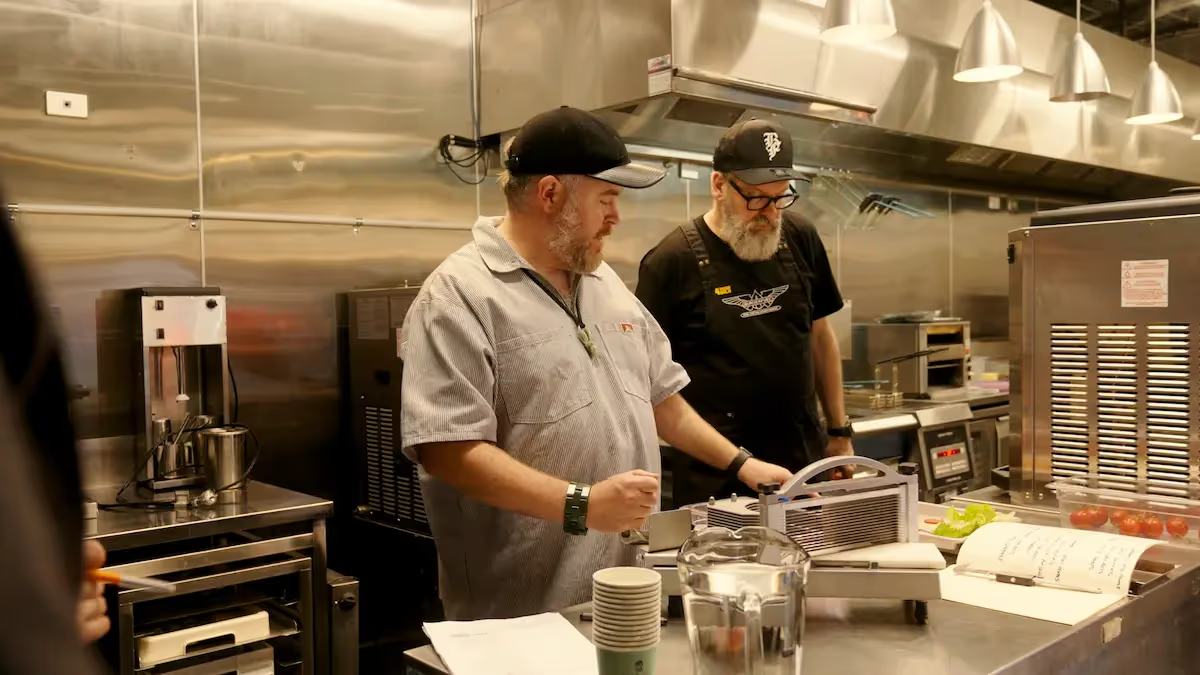
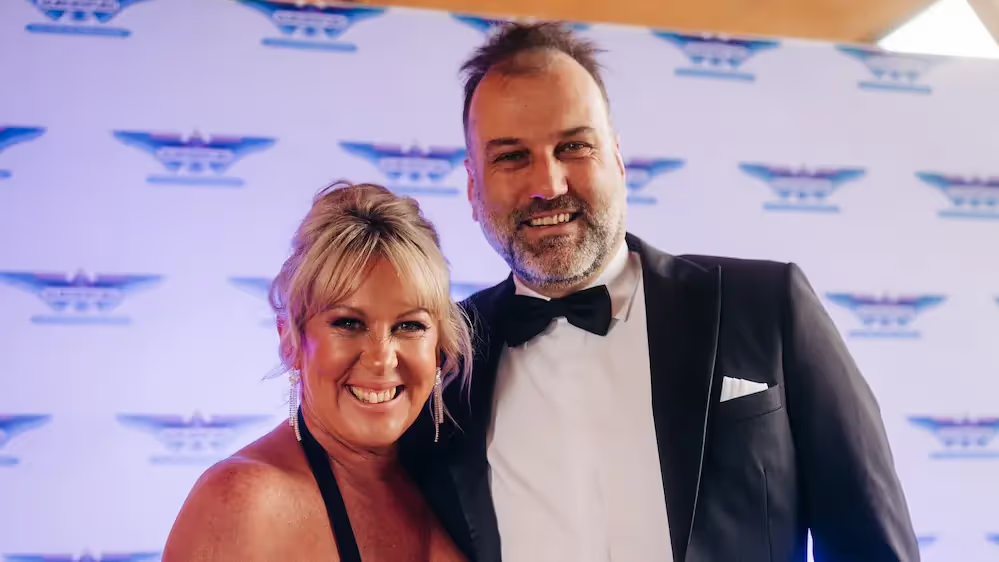
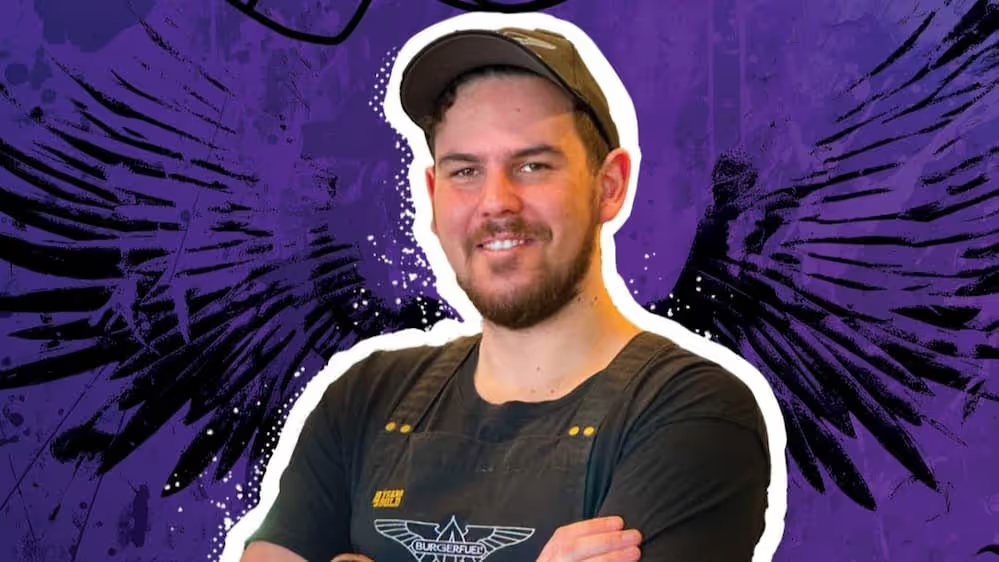
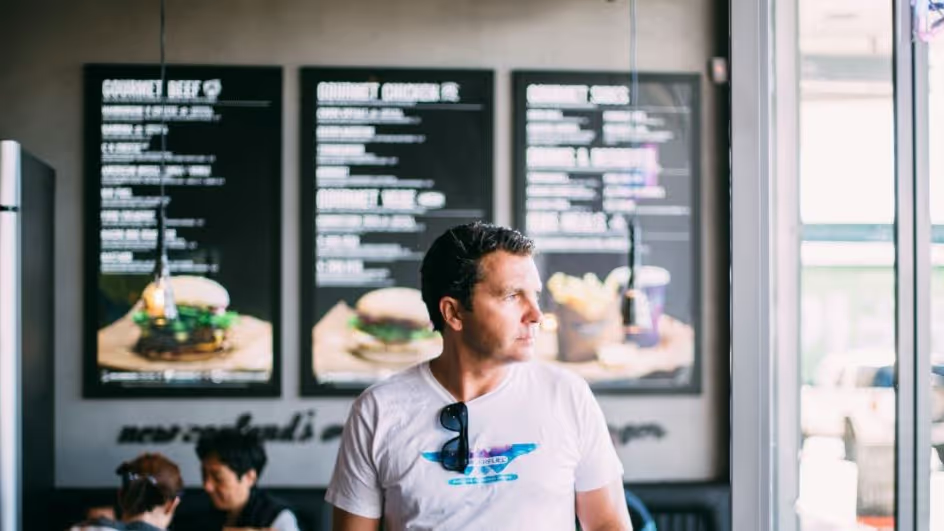
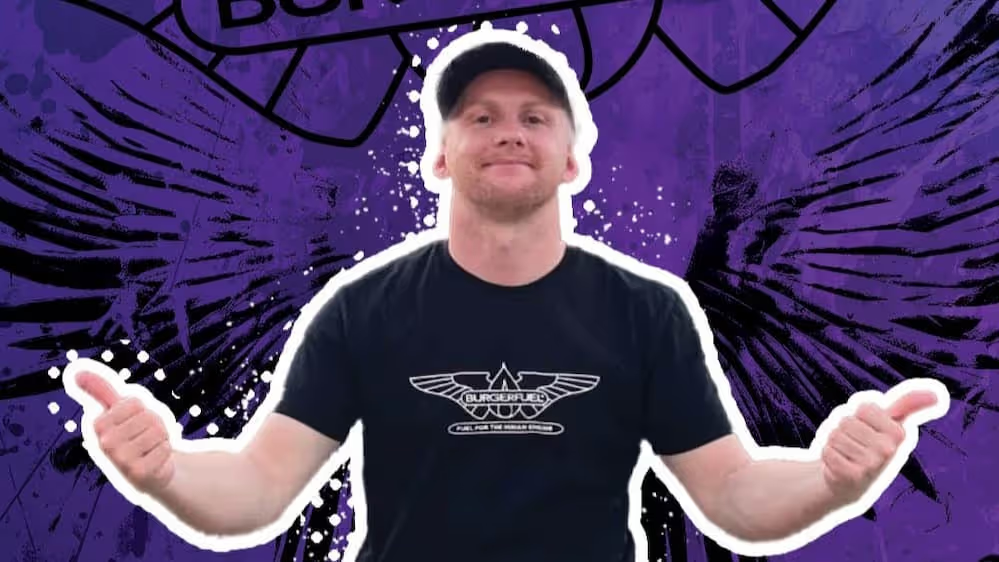
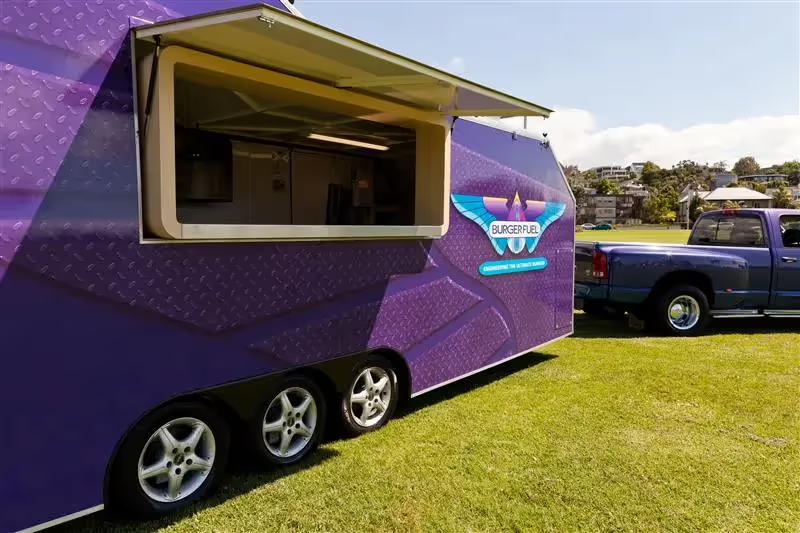
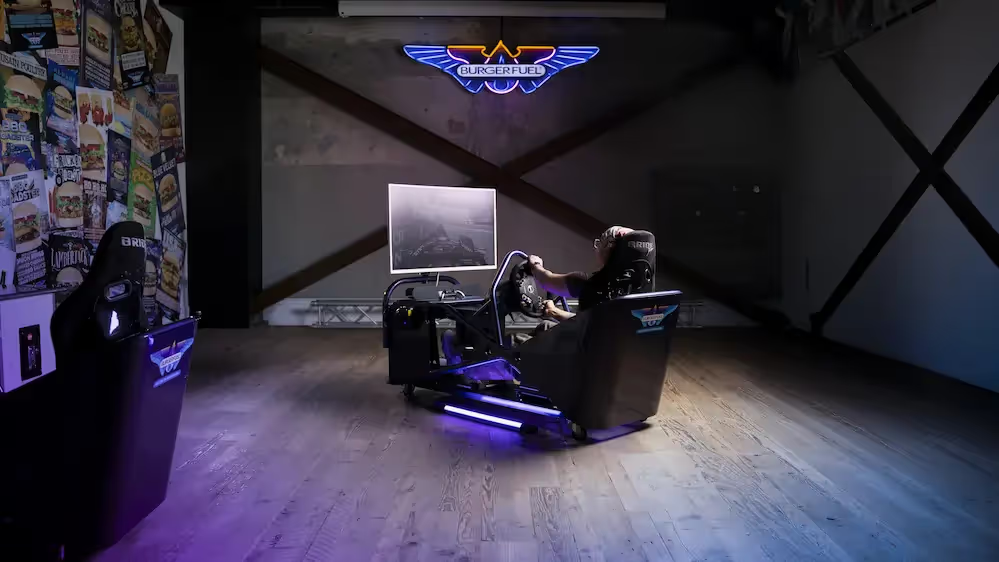
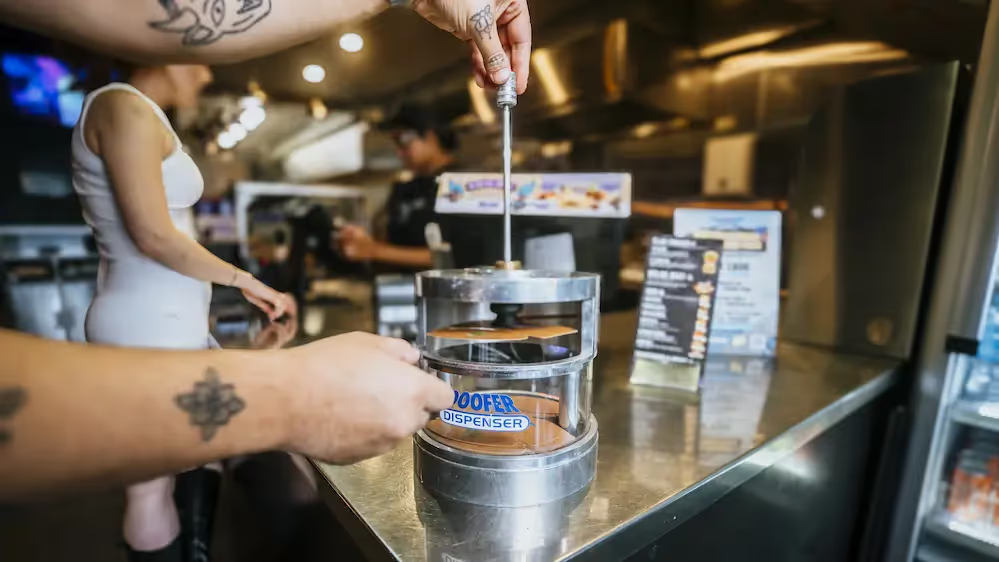
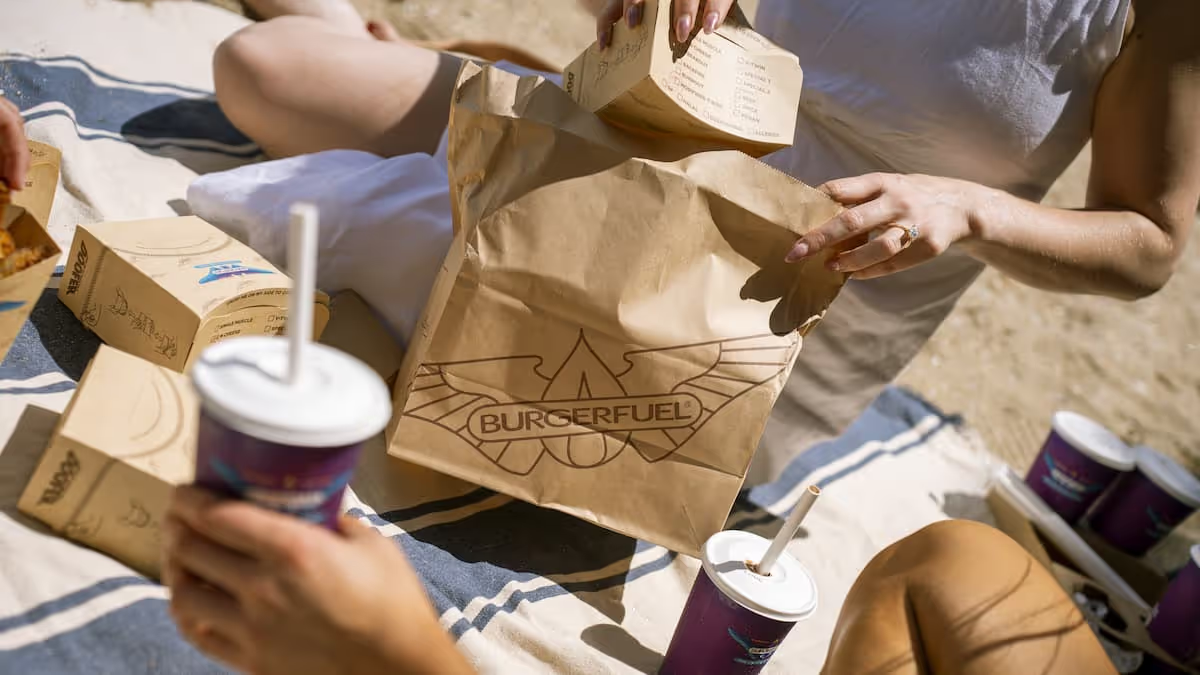
.avif)
.avif)
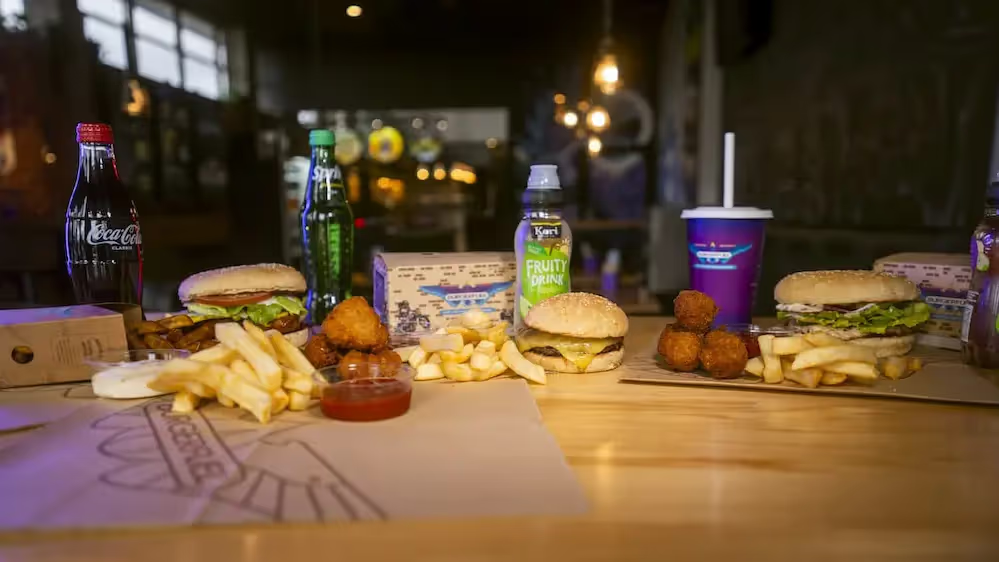
.avif)
